Choosing products that are designed specifically for your hair type is so important. That’s because they’re formulated with ingredients that will enhance and work with your hair, not against it. Take, for example, my hair. It’s stick straight and not voluminous at all, so I don’t want any products that will weigh it down too much, like super-thick conditioners.
Those of you with wavy hair are probably working with frizzy moments and need hydration. “This hair is loose, wavy, and has a slight S shape,” explains Mane Addicts artist Irinel de León. “It’s considered to be type-2 hair, and within are subclassifications such as a, b, or c. Each letter represents the level of wave within the strands.” Danielle Priano, celebrity hairstylist and SexyHair stylist ambassador, says wavy hair can vary when wet or dry: “Some wavy hair will be wavy when wet but will dry straight, and some will keep the pattern even when dried, but it does not have a full coil pattern.”
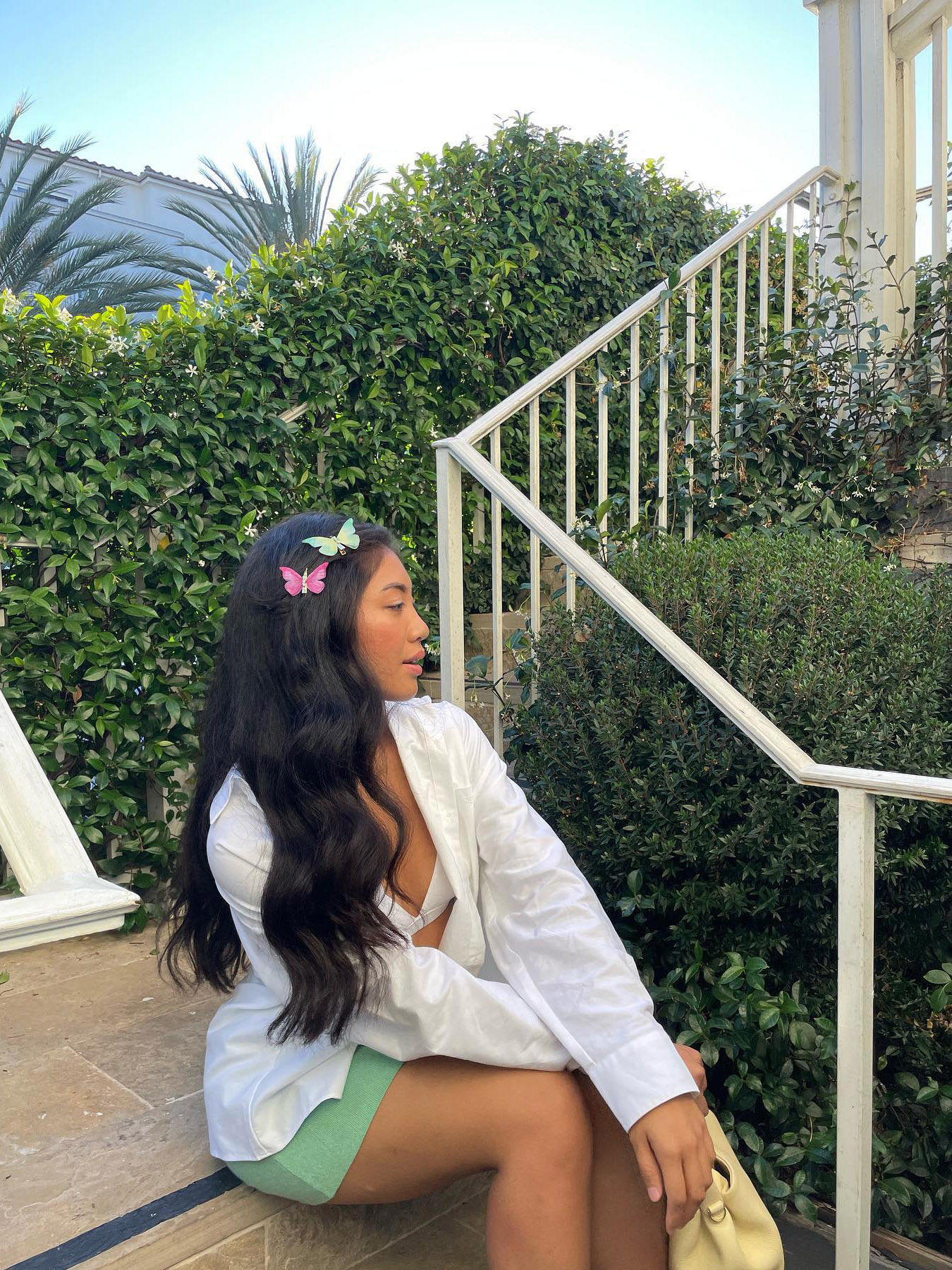
The main takeaway here is you don’t want your hair to dry out. “Curly, coily, and wavy hair types often have more frizz compared to straight hair—these hair types tend to be drier in nature, so hydration is important while [you’re] also making sure the products aren’t weighing down the hair,” says Leo Izquierdo, co-founder of IGK. If products are weighing down the hair, it can prevent your wavy hair from having that natural bounce and body. You can find the type of moisturizing routine that works for you—there are so many products that could work, including liquids, oils, creams, masks, and more.
You don’t want to over-cleanse your hair, celebrity hair colorist Bianca Hillier says, as it will strip your hair’s natural oils and leave it dull and dry. “For extra hydration, I recommend to my clients to have a filter for their shower. Within water, there are heavy metals, which cause dehydration in the hair,” she adds.
And sometimes, you just need a haircut to freshen everything up. Siobhán Quinlan, a colorist and stylist at Cutler West Hollywood, says starting with a good haircut will make all the difference in wavy hair. “Going to a stylist that knows how to encourage your wave will make a huge difference,” she says. “I would start with a good primer, next a moisturizer, and then something that would help encourage that wave and give the style a little hold. Often, wavy hair can air-dry very nicely, but if people don’t have time for that, have a hair dryer with a good diffuser. I like big hair, so a little texture powder never hurts!”
When it comes to styling your hair, sometimes, it’s best to let it be and not mess with it too much. “Wavy hair is pretty to look at but not touchy-touchy,” says Aloxxi stylist Jessica Wall-Innella. “Leaving it alone and using a lightweight texture spray is good to keep the waves tame and together.”
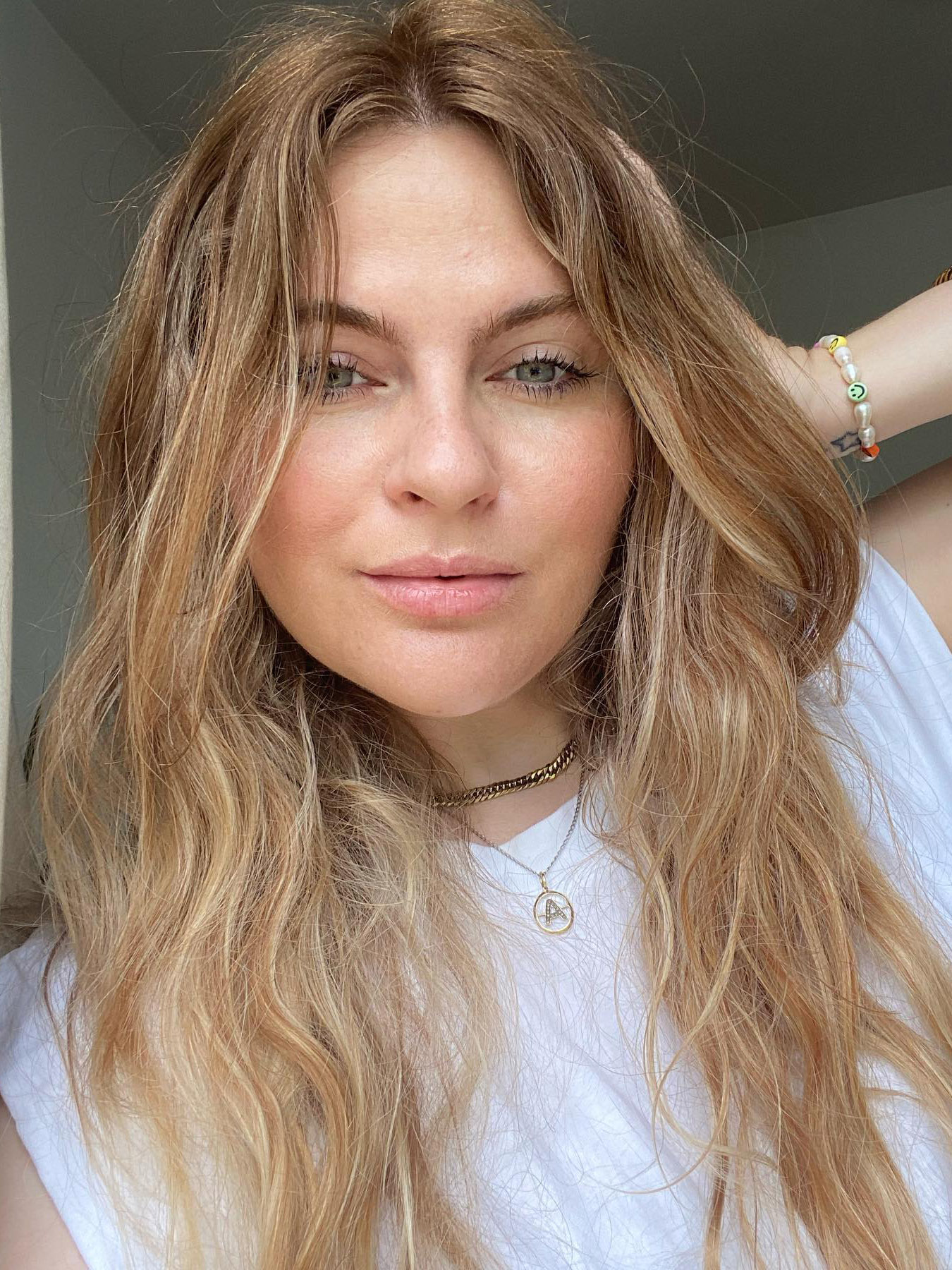
“You want to avoid products that contain formaldehyde, sulfates, parabens, and silicone,” Priano says. “These are highly irritating ingredients that can cause dryness to the scalp and can lead to hair loss. For wavy/curly hair, I recommend products that are not going to strip your hair of the nutrients it needs. You want to find products that are going to have a good balance of cleanliness while giving your hair the necessary oils you’re going to want to make it shine and feel healthy.” Izquierdo also recommends being cautious with products that are specifically marketed for curly hair and opting for products that offer frizz reduction and detangling for all hair types. “Curly hair typically requires extra moisture and smoothing, so these products can often be too heavy for wavy hair,” he adds.
Hillier says alcohol can dry out the hair and create frizz, so avoid any products that have high alcohol content. “Most mousse products contain alcohol and will make the cuticle layer of the strand swell and open, therefore creating dry, fuzzy locks,” she says.
As for the ingredients that will help, anything that’s moisturizing will make a difference, but you should avoid anything that will weigh the hair down. “People with wavy hair should look for ingredients like coconut and avocado oil in their hair products to keep their hair as moisturized as possible. These light oils are packed with vitamins and minerals that feed the hair strands and nurture the scalp,” says StyleSeat natural hair stylist Erinn Courtney. Oils like shea butter and argan can help, too.
You can also try moisturizing agents like glycerin and hyaluronic acid—yes, the same ones you might recognize from skincare. “Glycerin retains moisture while preventing breakage in the hair strand. The hyaluronic acid hydrates the hair in addition to boosting volume,” says Hillier. Matrix Artistic Director Nick Stenson says he likes to see water listed early on in product ingredients. “While this may seem like a strange response, it’s important to keep in mind that water temporarily softens the disulfide bonds in our hair, allowing us to reform and enhance natural waves,” he says. “Paired with the right set of additional ingredients that promote softness and oils that give a gentle slip to the hair, this is the secret sauce for maximizing your waves.”
On the styling front, some grit can be beneficial. Wall-Innella suggests cornstarch, which will give extra texture and light hold to keep the waves in place. Look for styling products that encourage the hair’s natural texture, such as dry volume and texture sprays, air-dry creams, and cleansing systems with volumizing benefits.
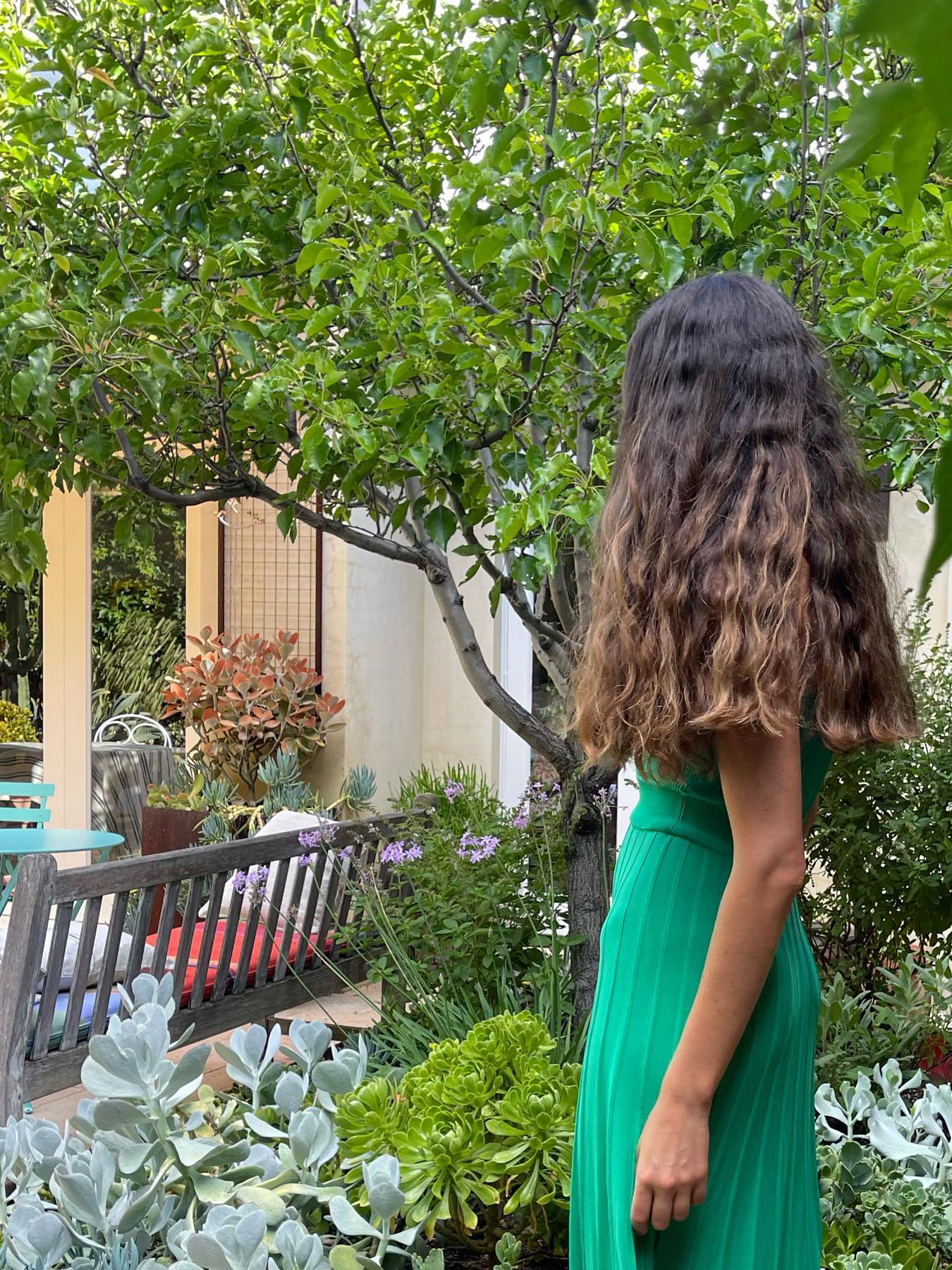
Keeping up a moisturizing routine will help your natural waves stay defined—shampoo, conditioner, serum, cream, etc. “Wavy hair is best defined with medium- to light-hold products and minimal touching with our hands during the drying process,” Stenson says. “And speaking of the drying process, a blow-dryer with a diffuser attachment is a great way to accentuate and harness natural waves to define them without creating frizz.”
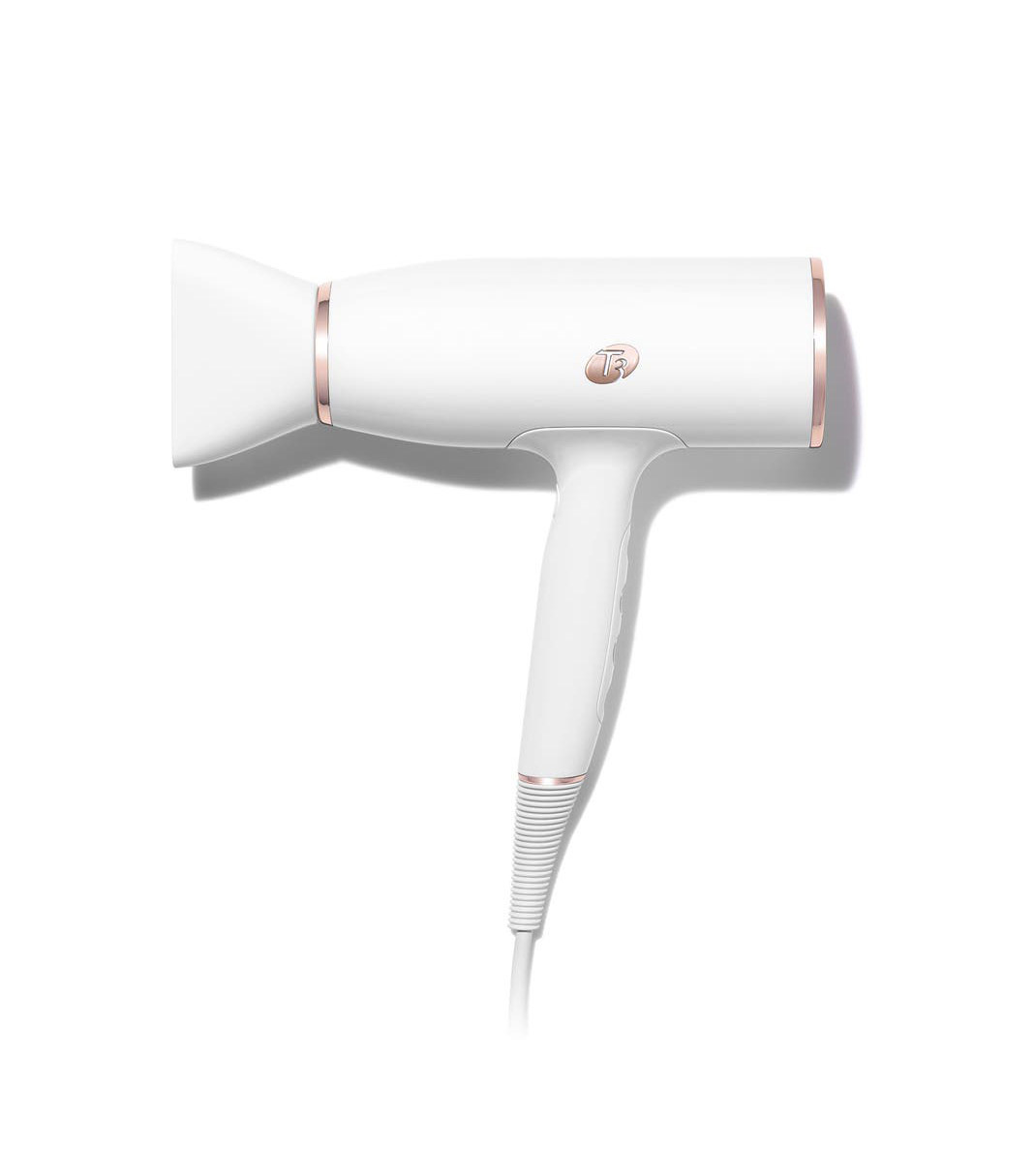
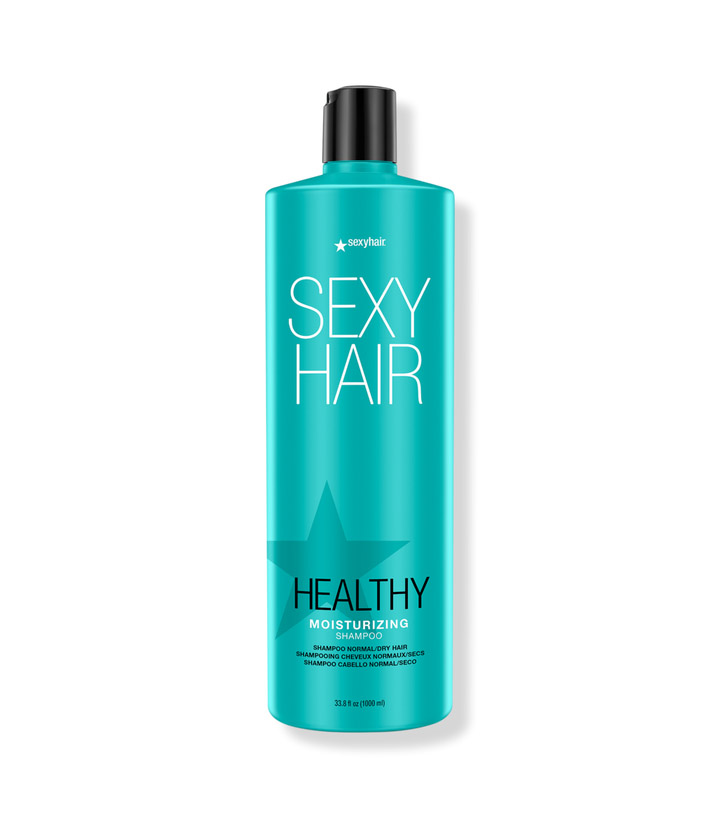
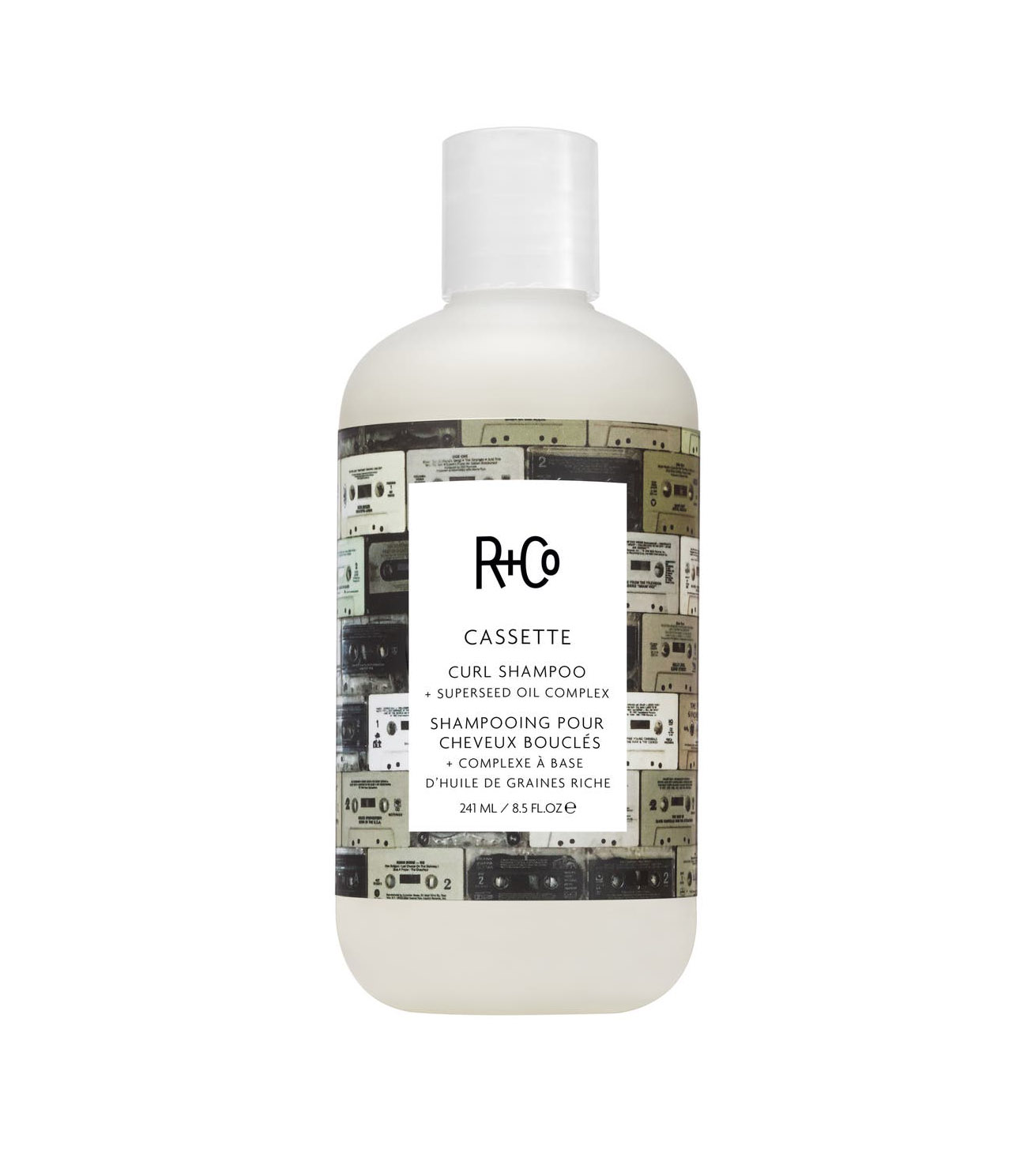
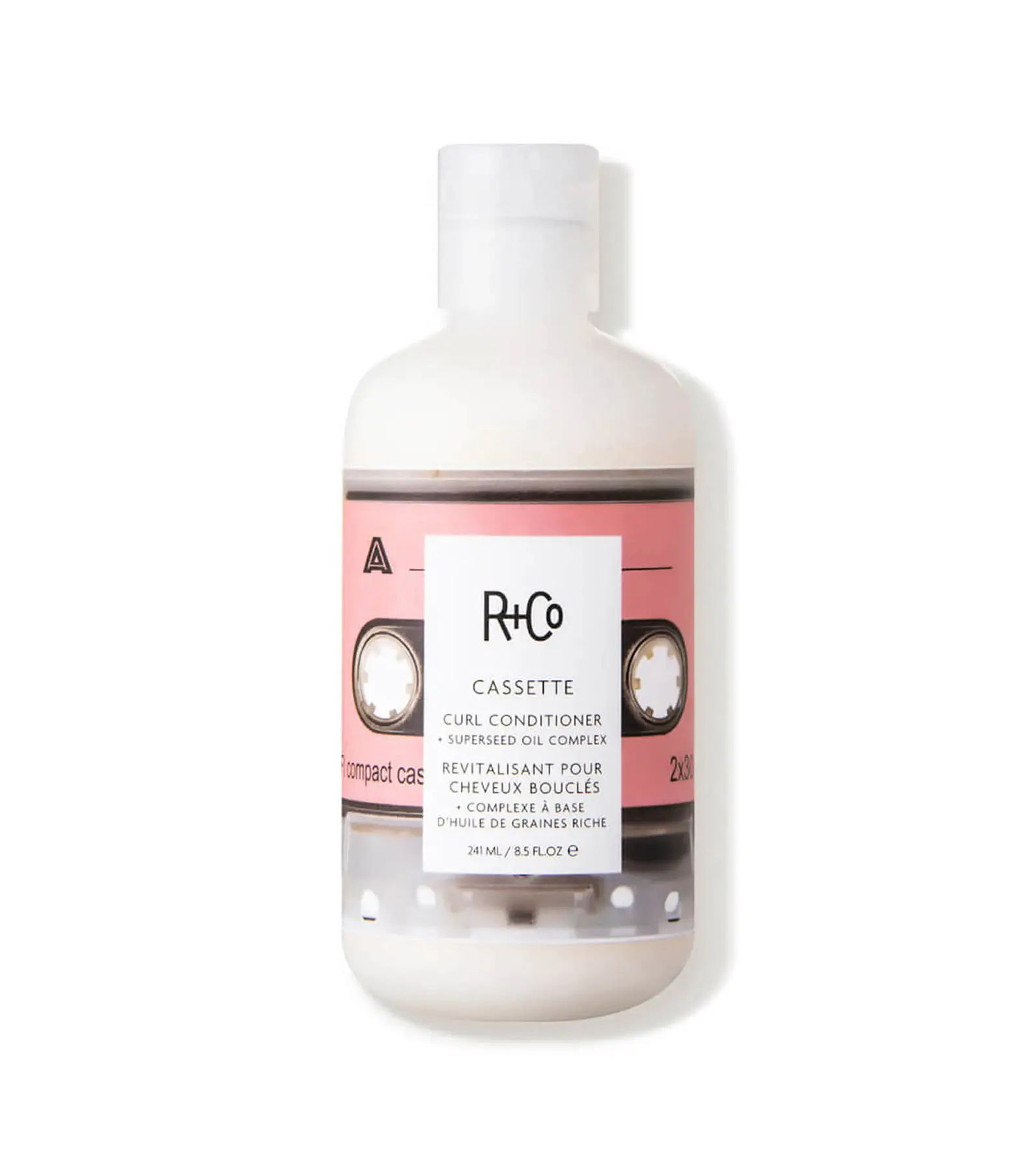
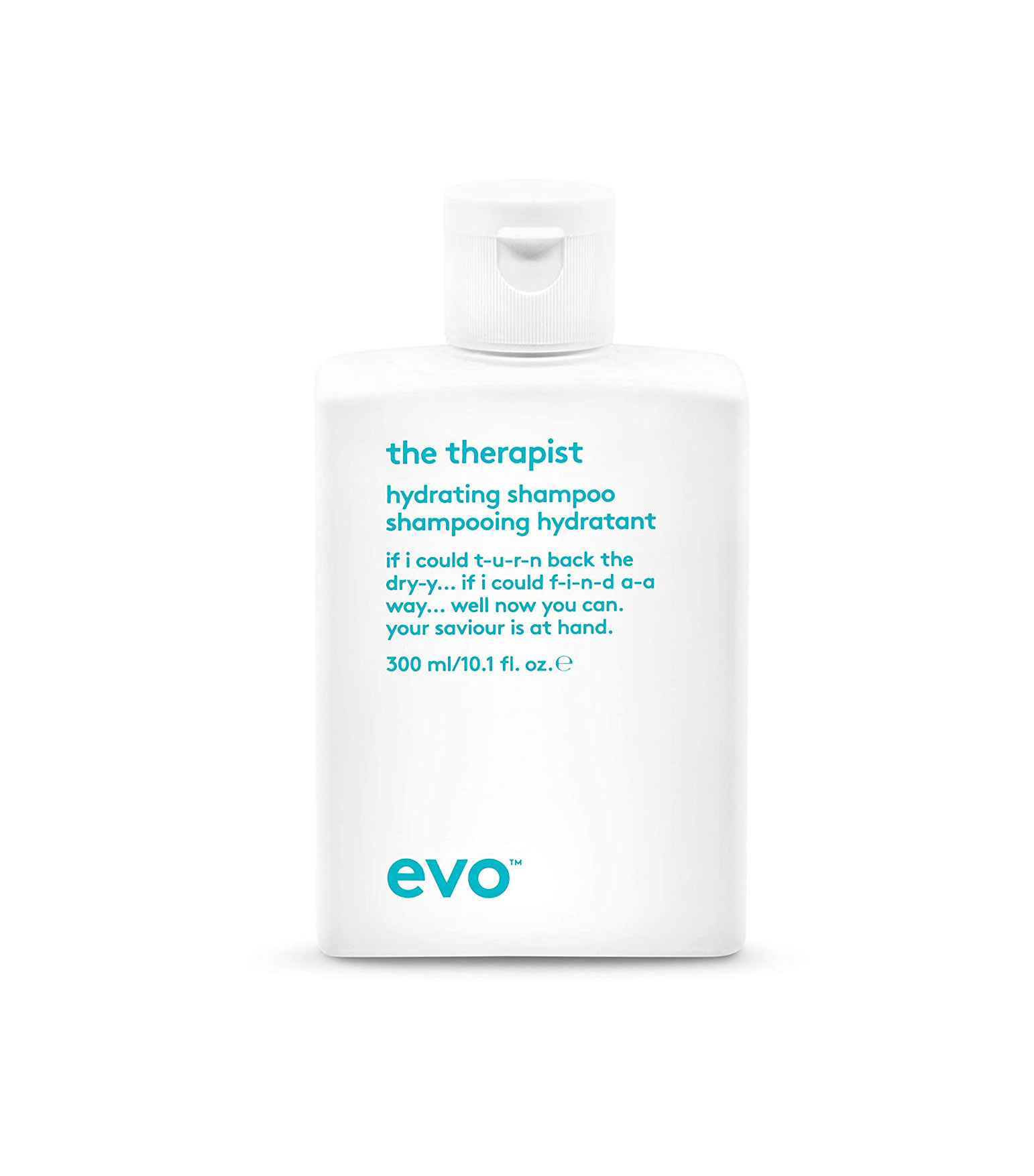
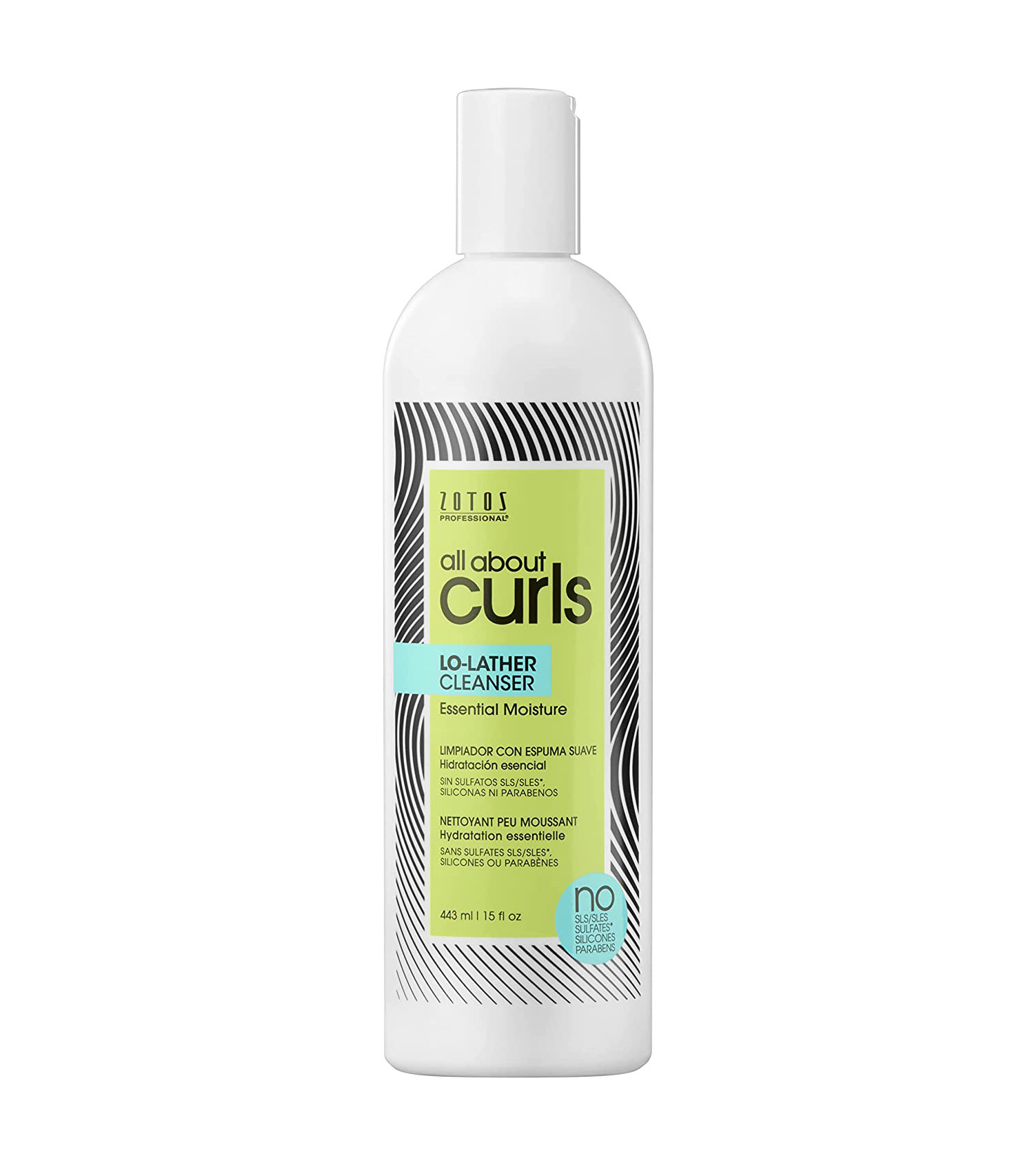
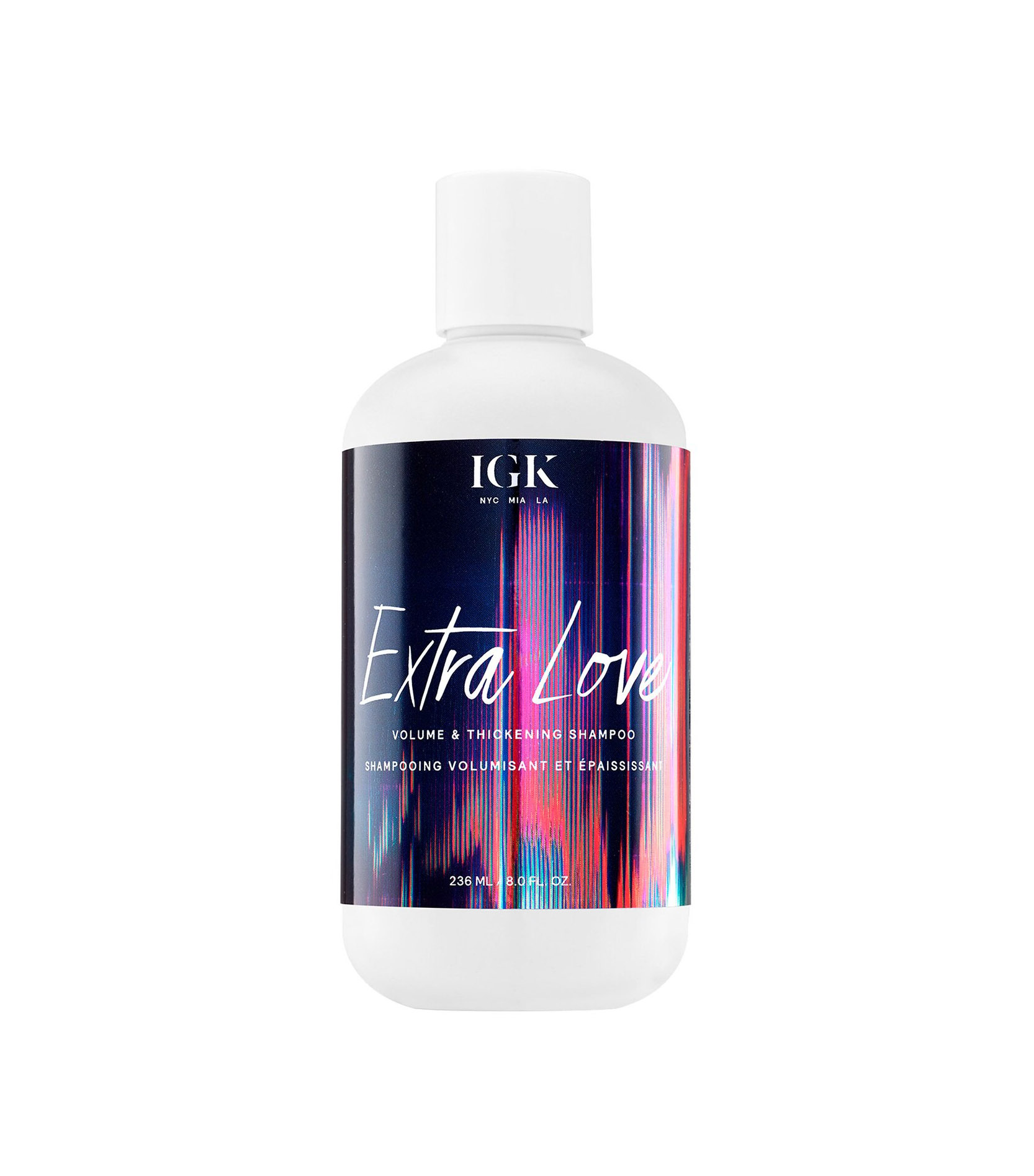
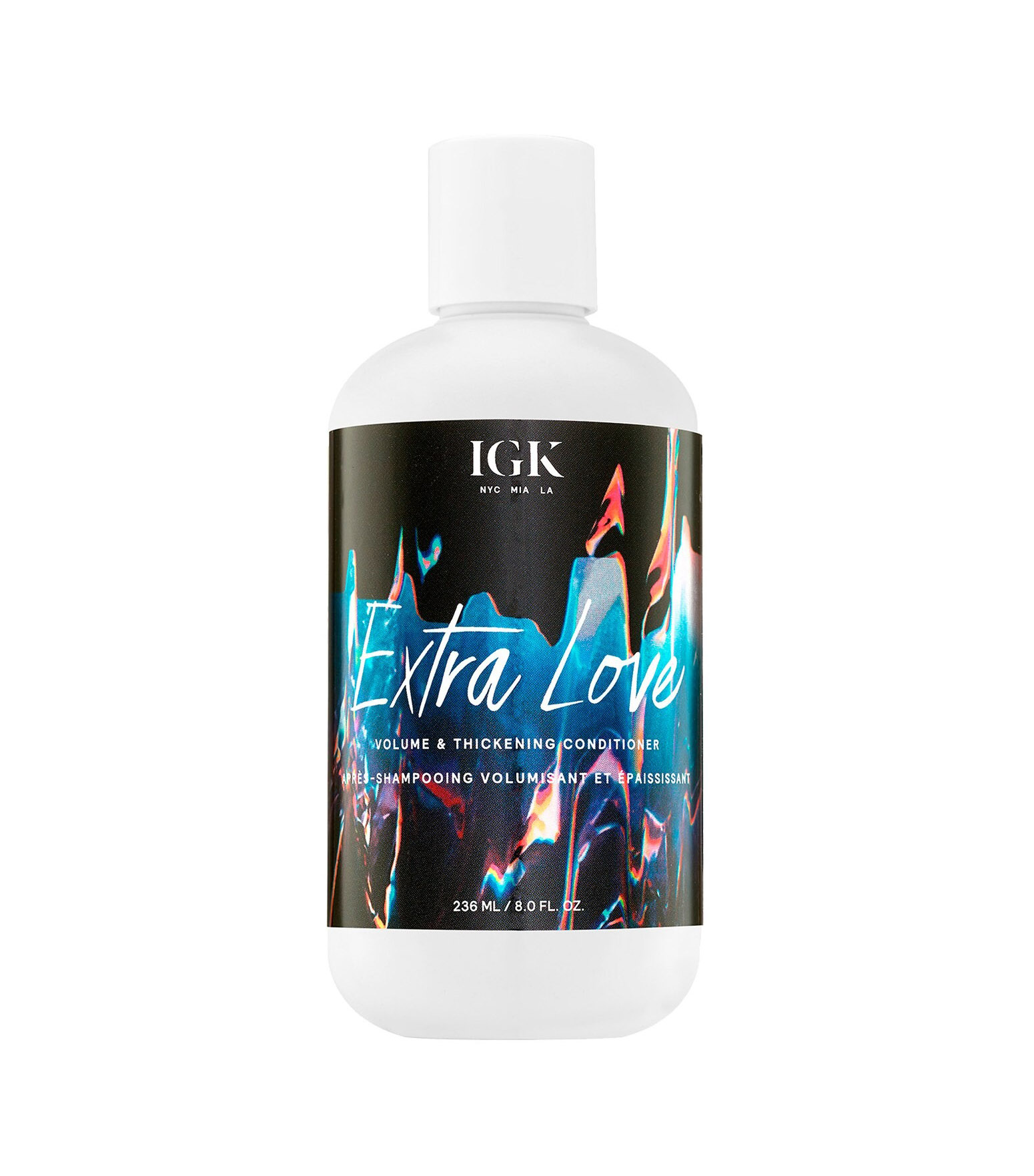
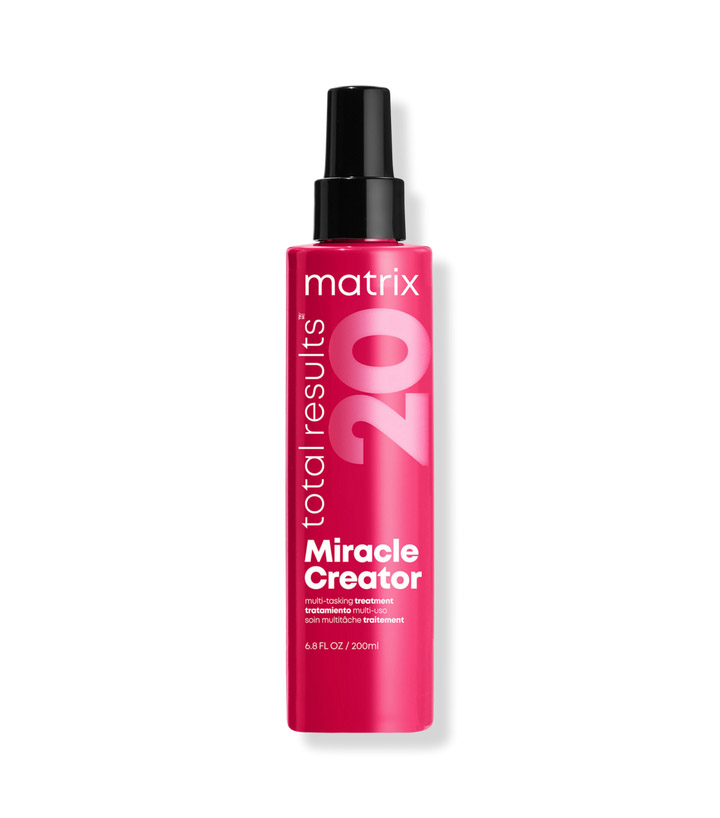
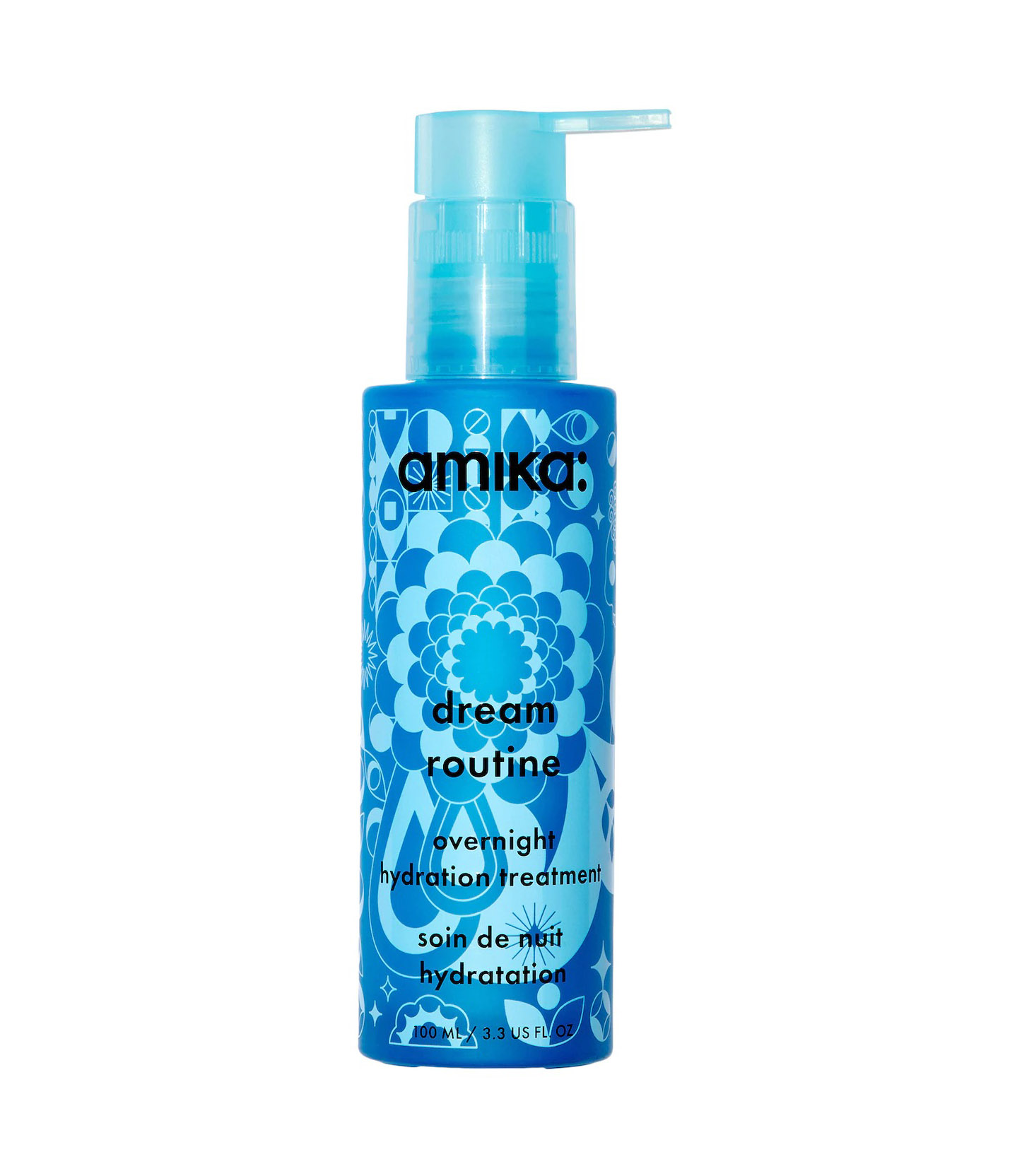
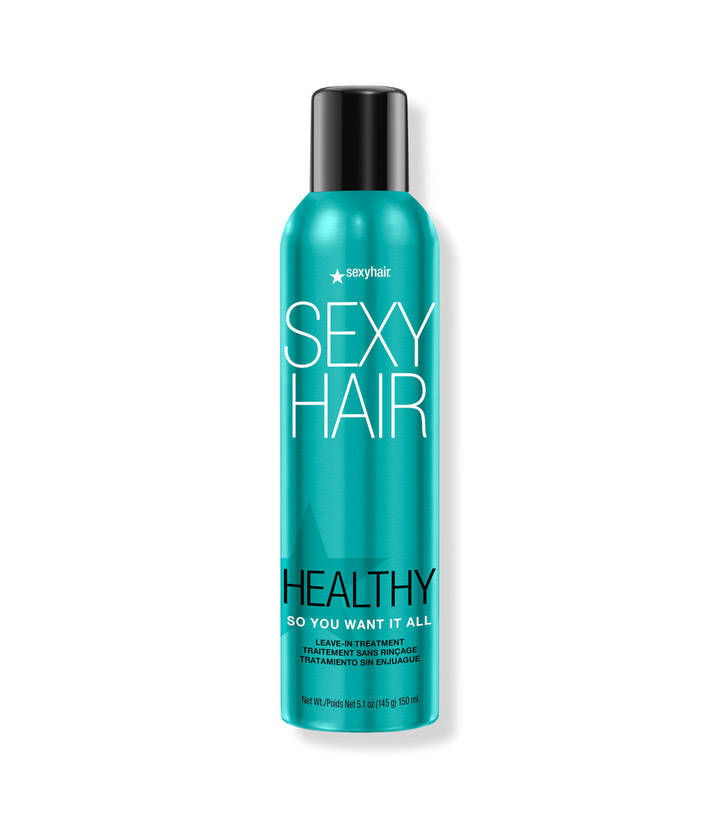
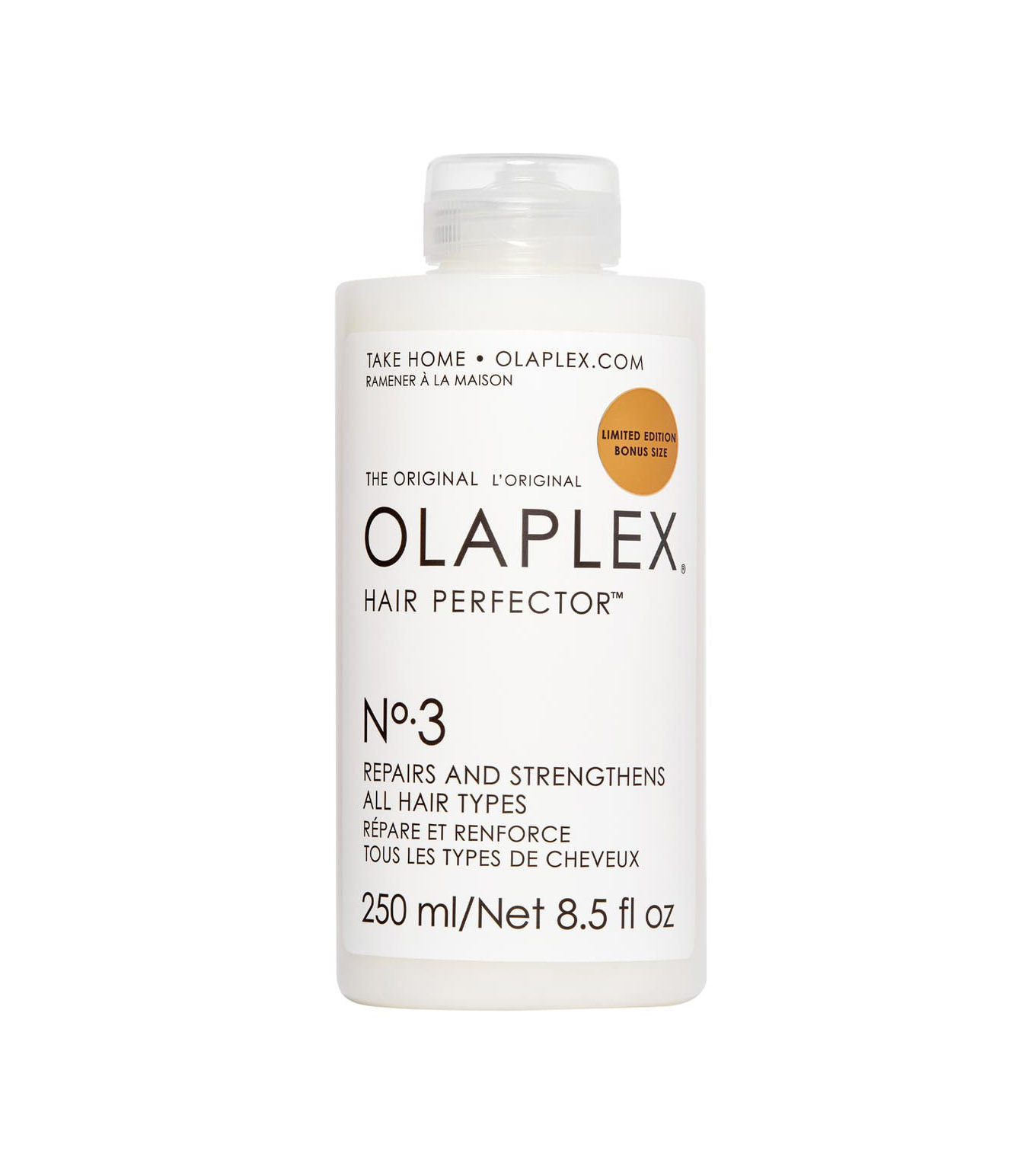
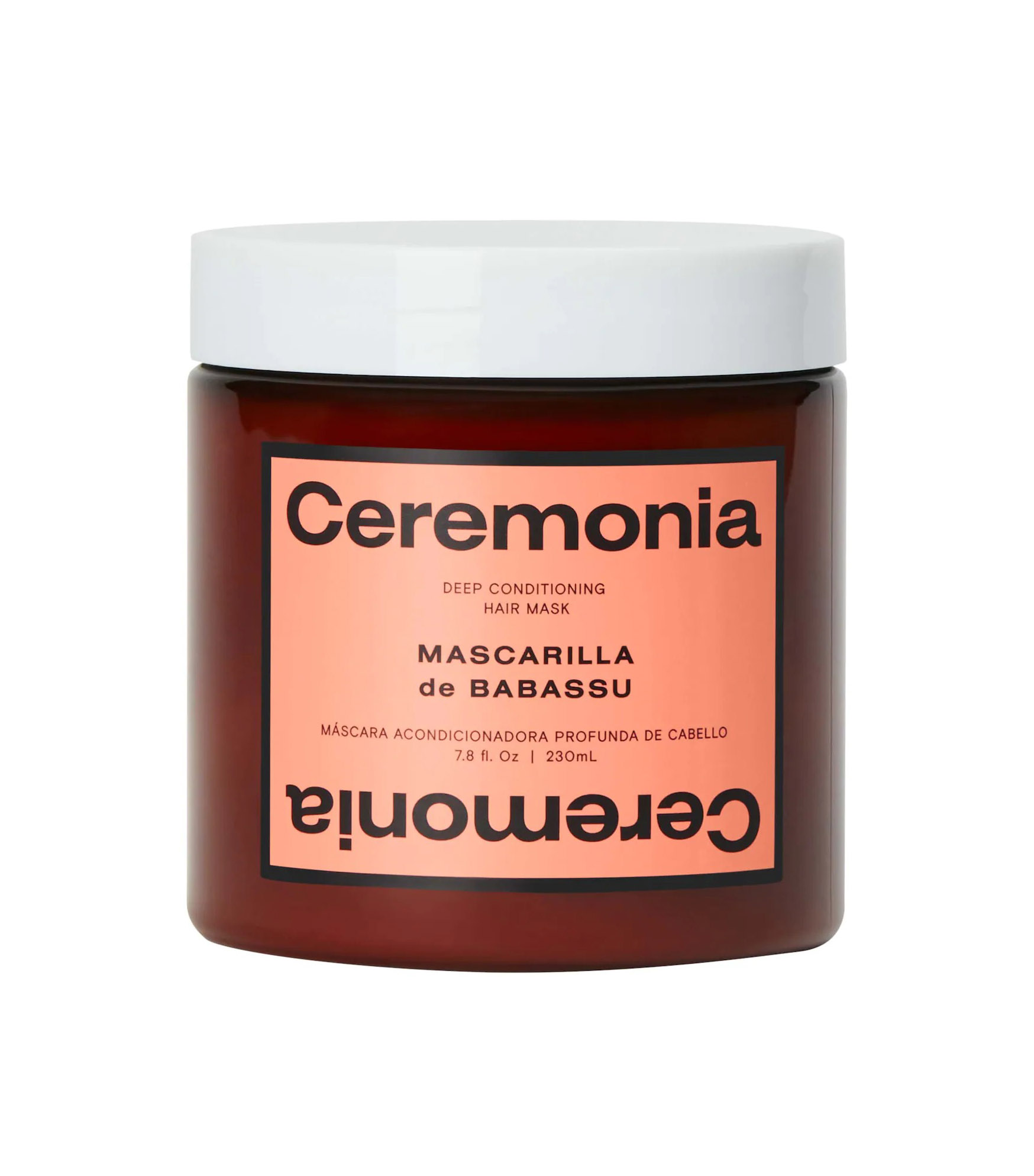
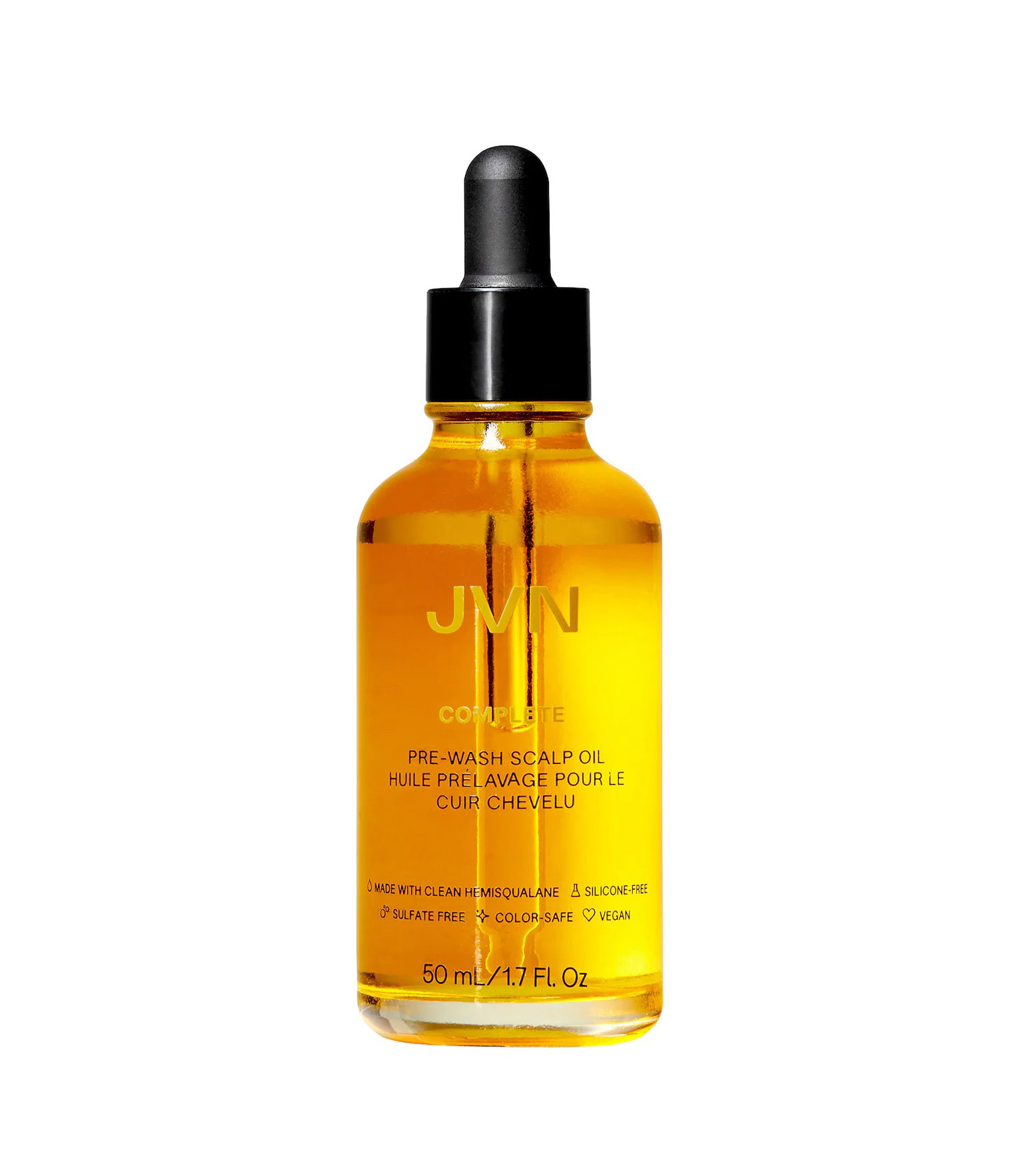
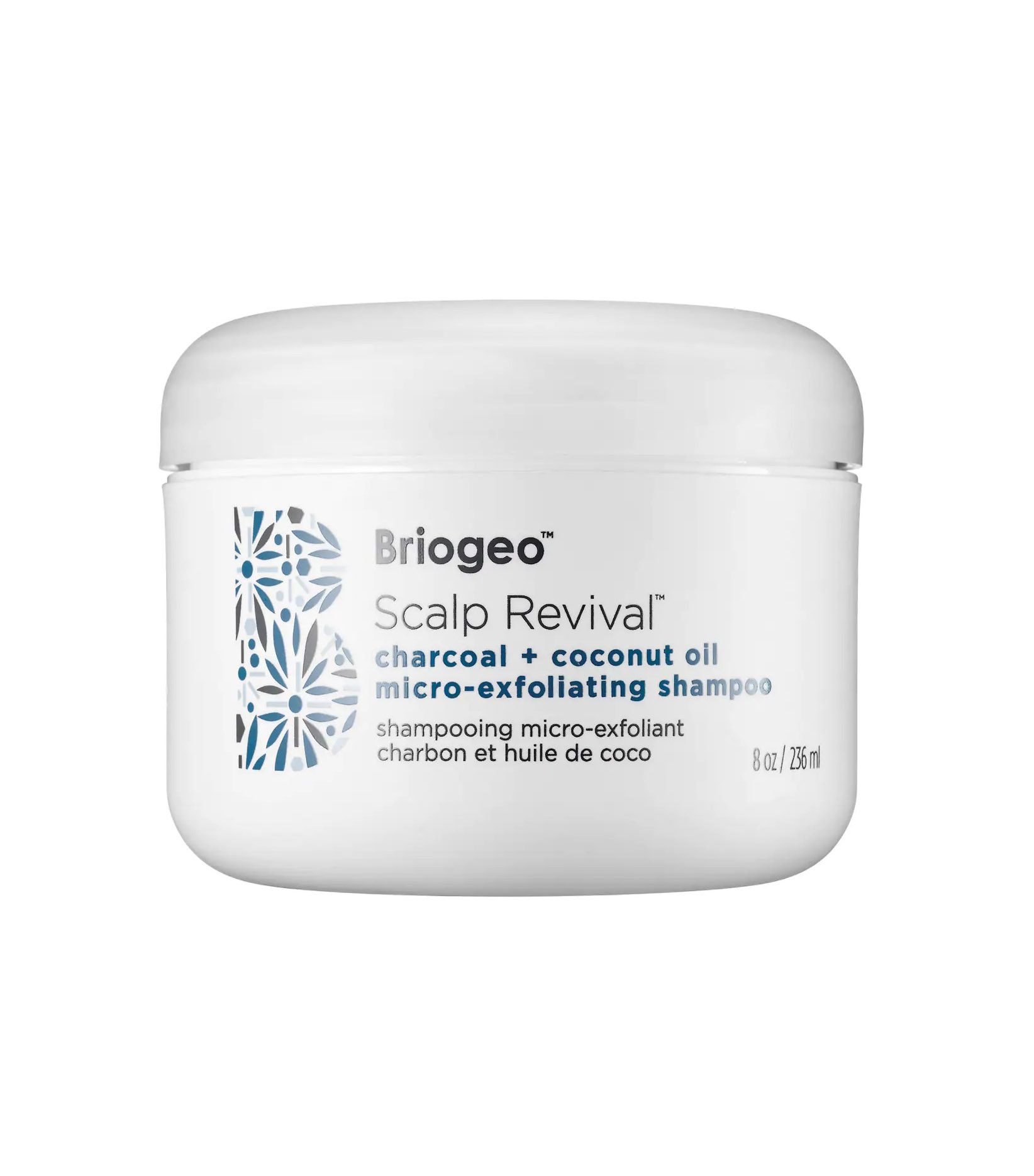
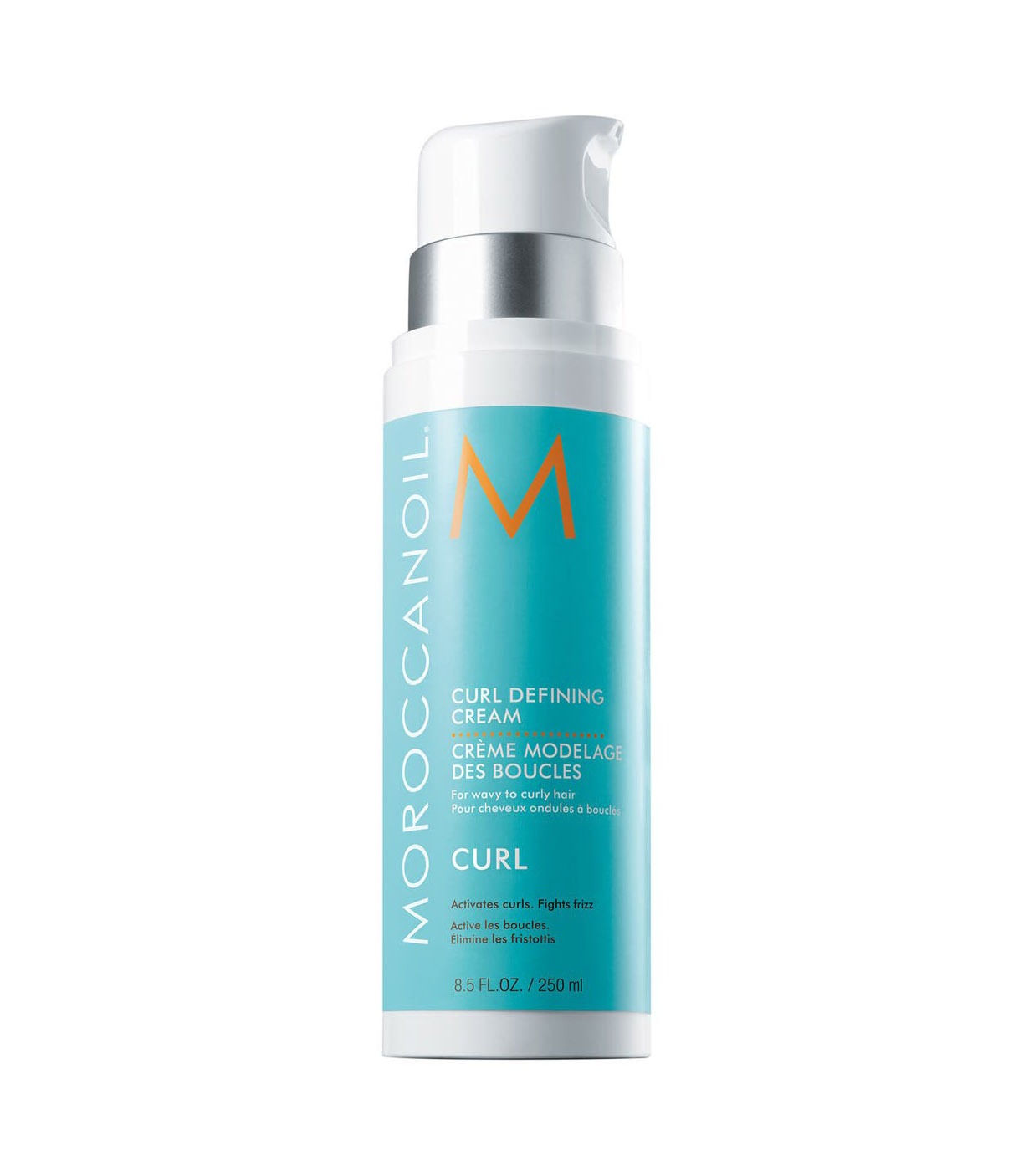
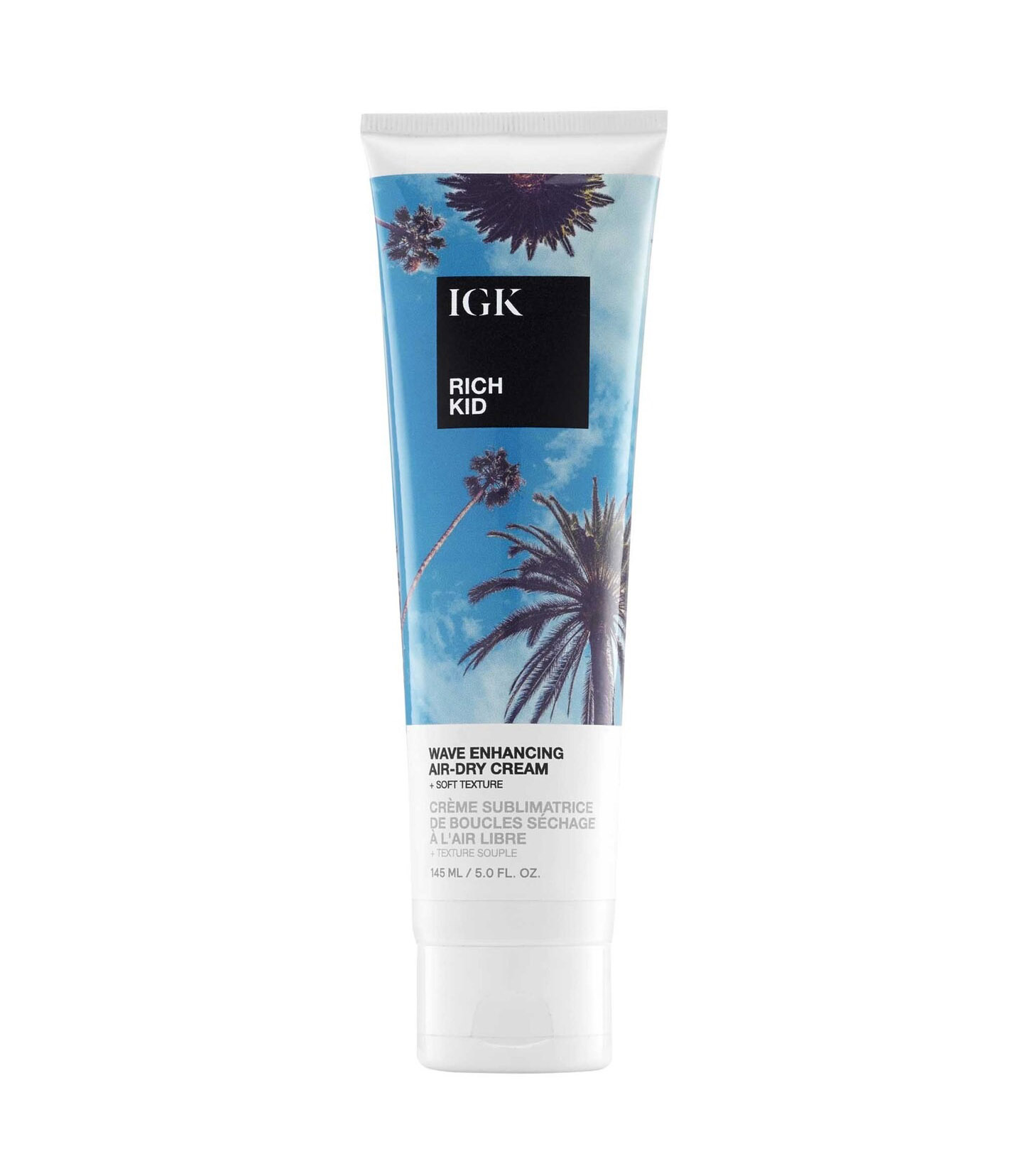
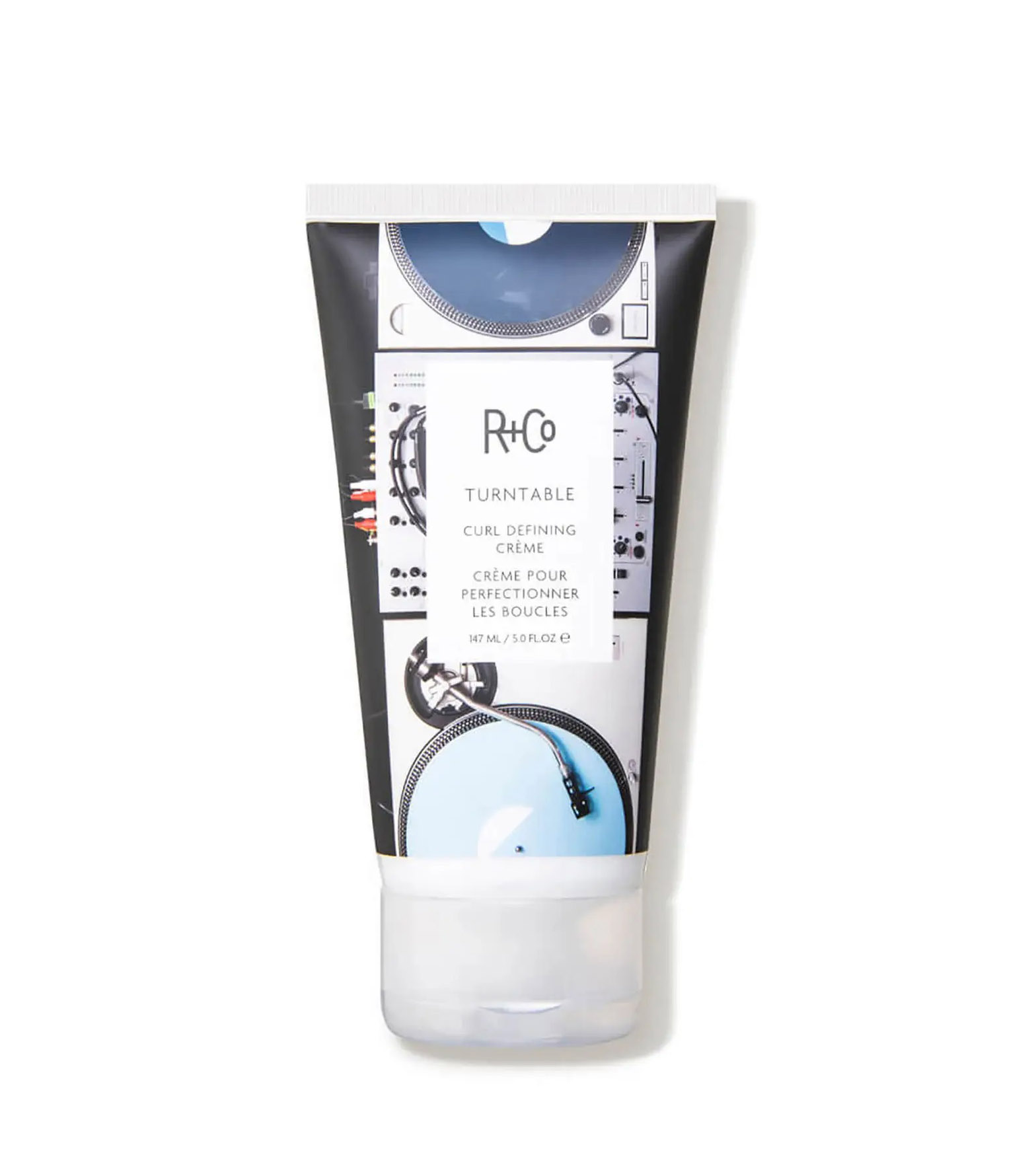
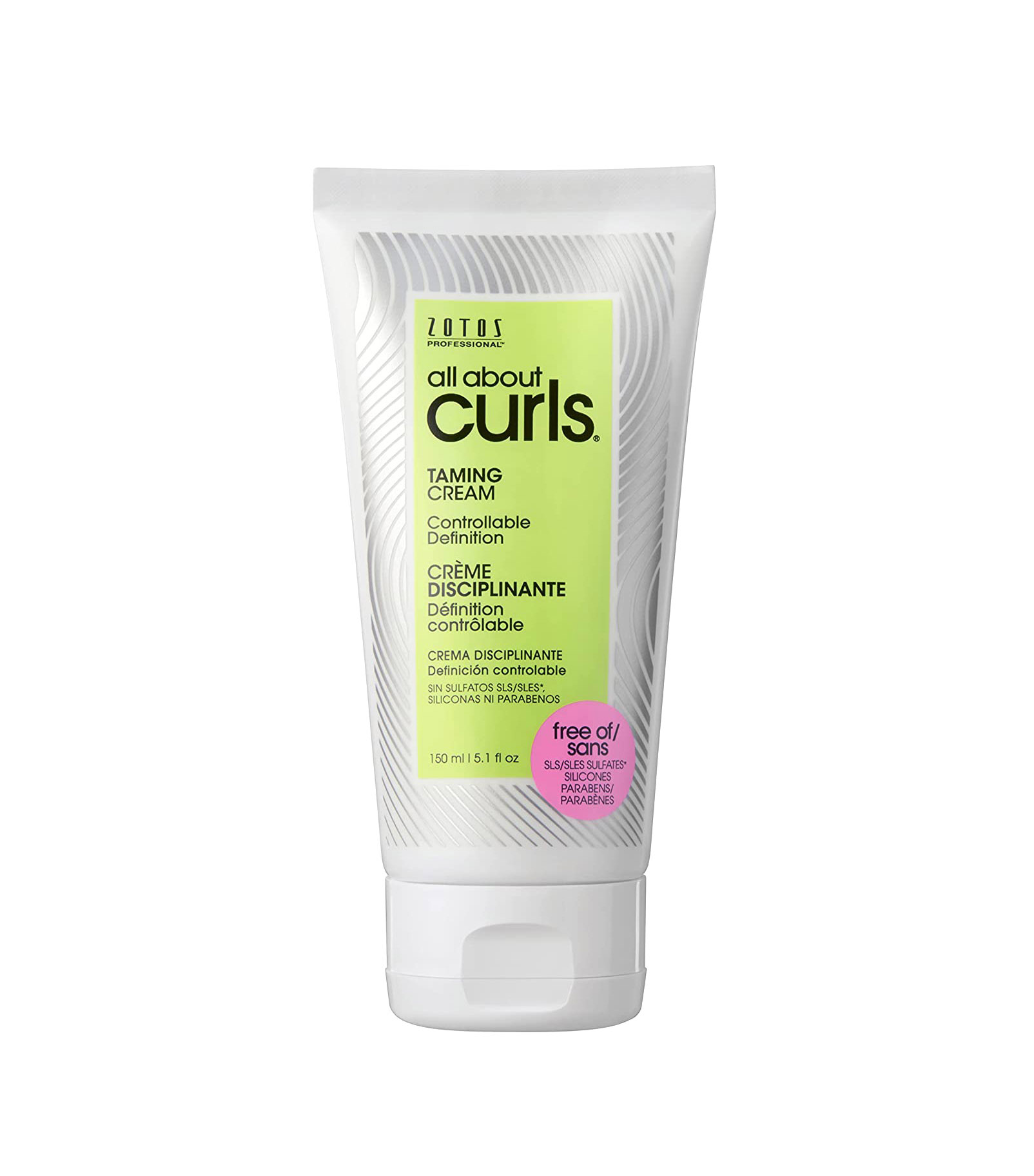
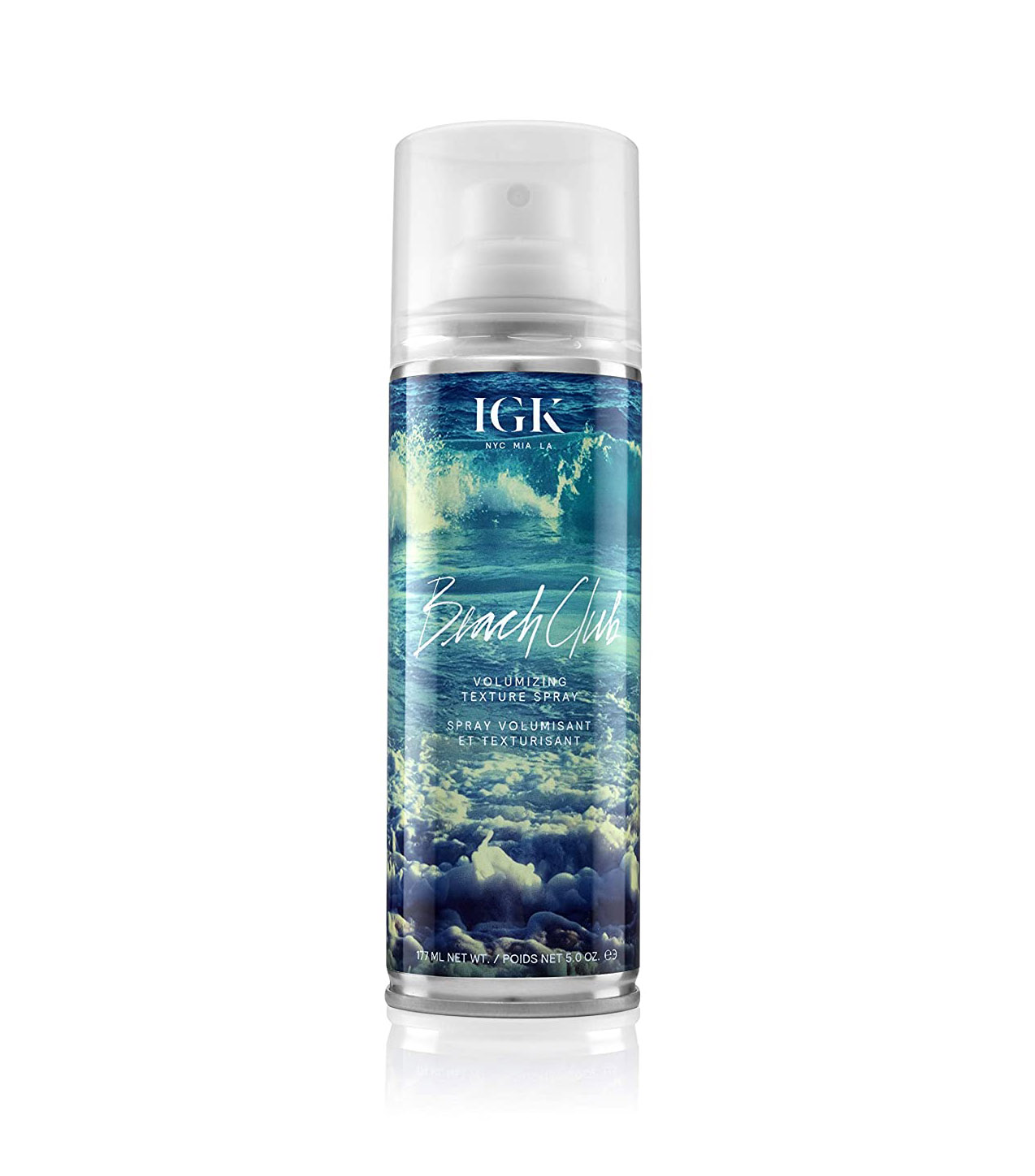
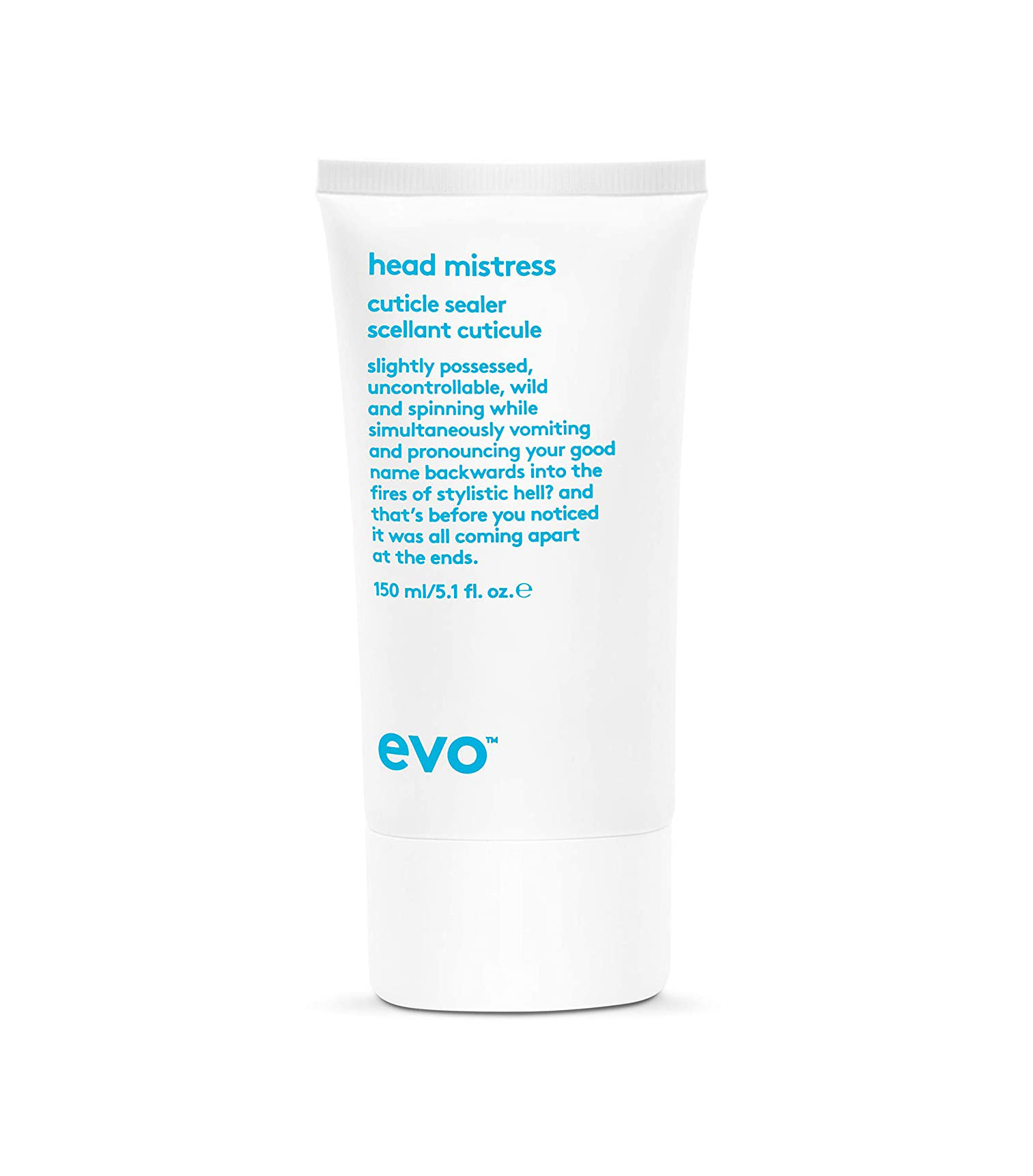
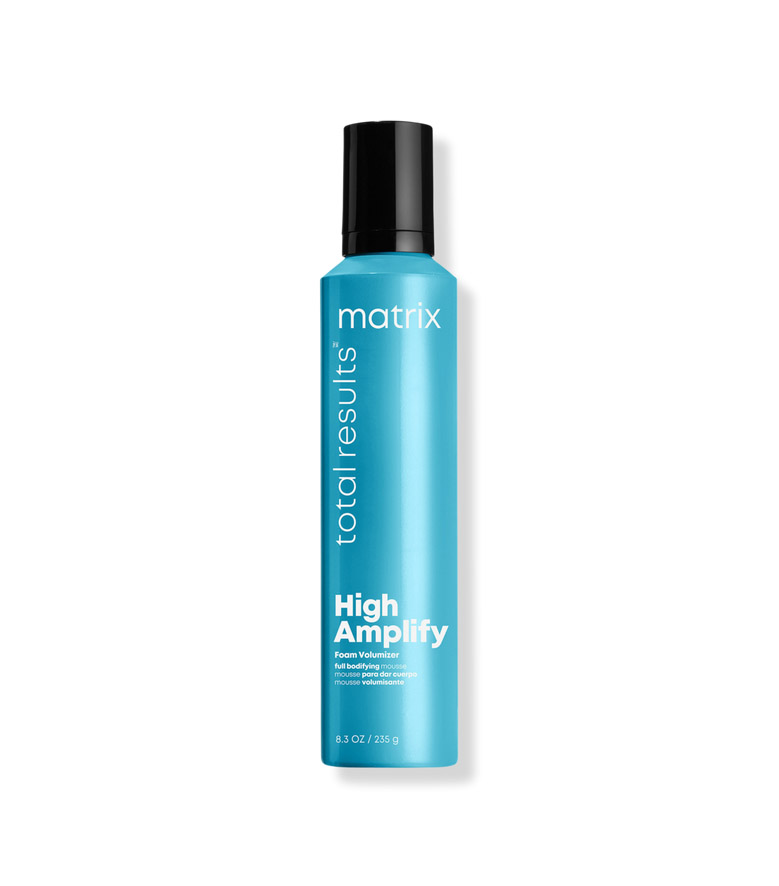
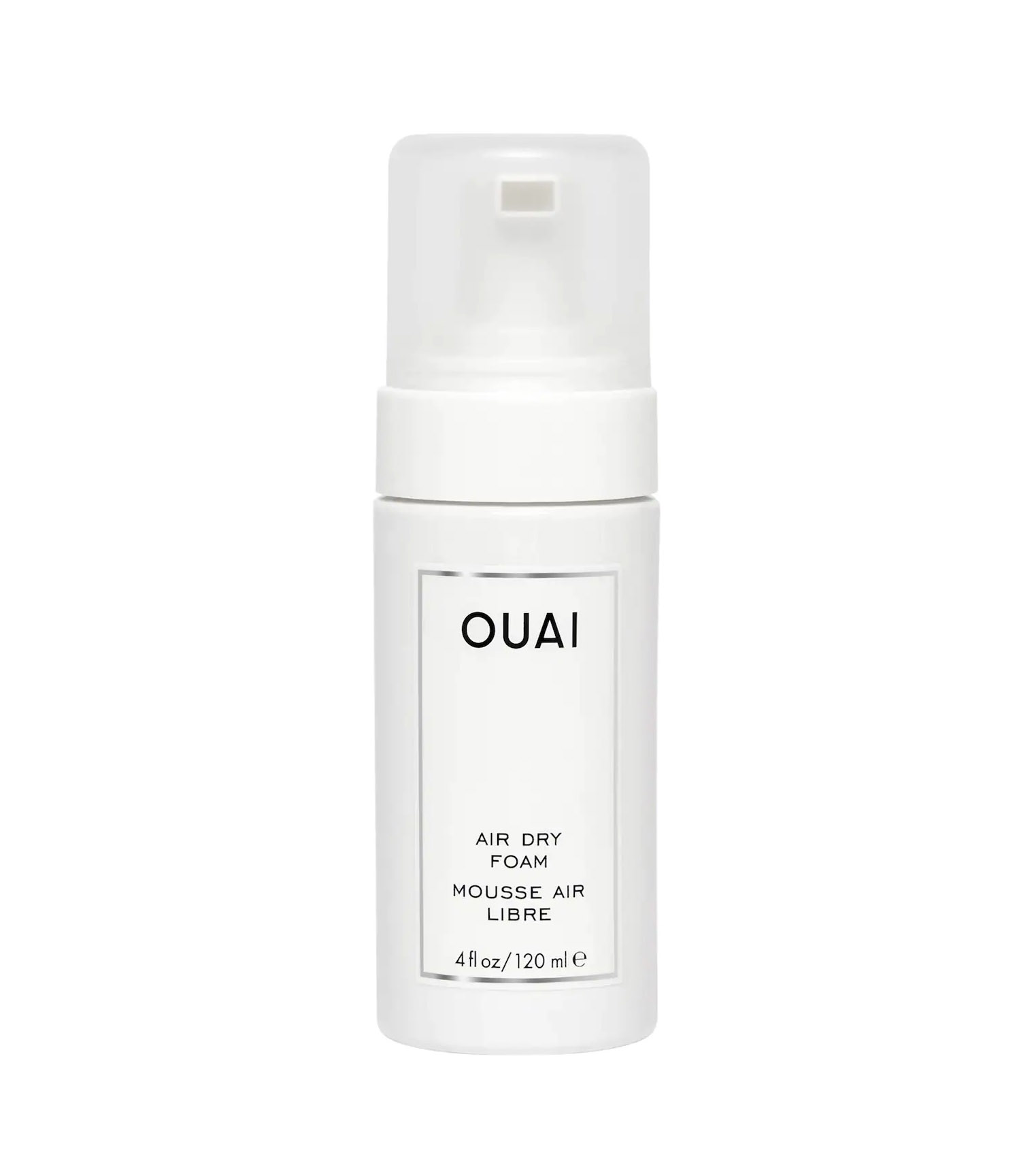
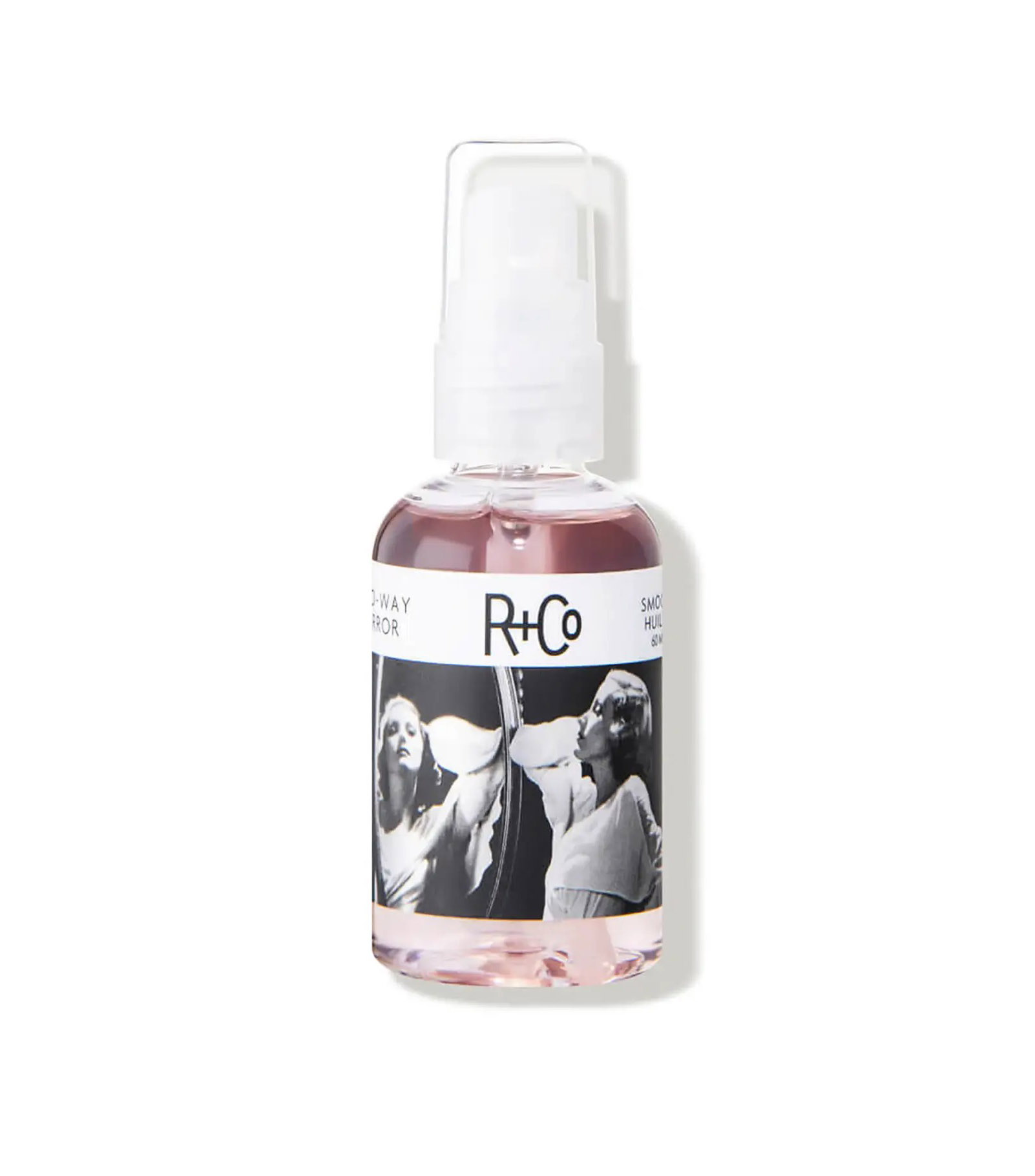
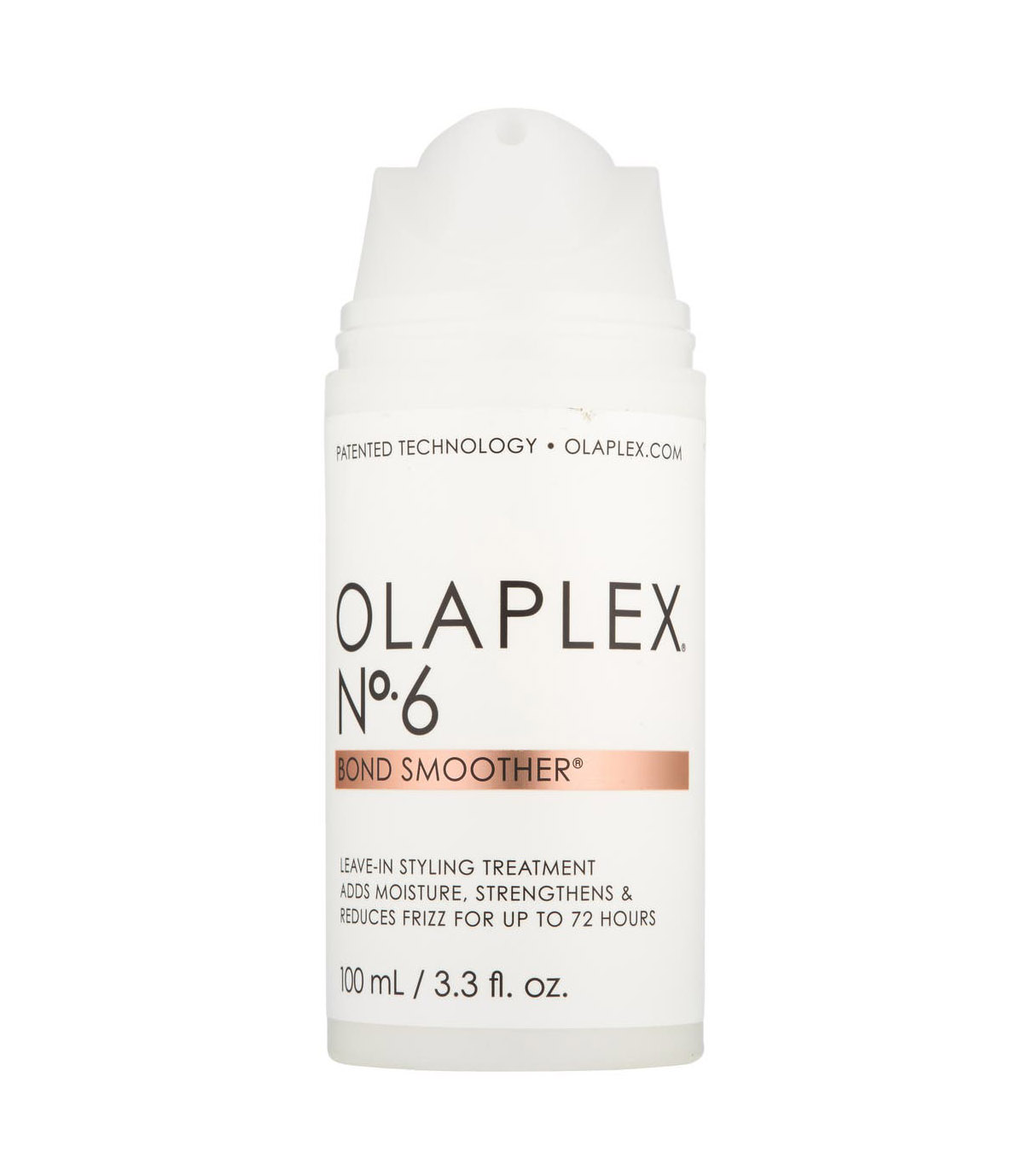
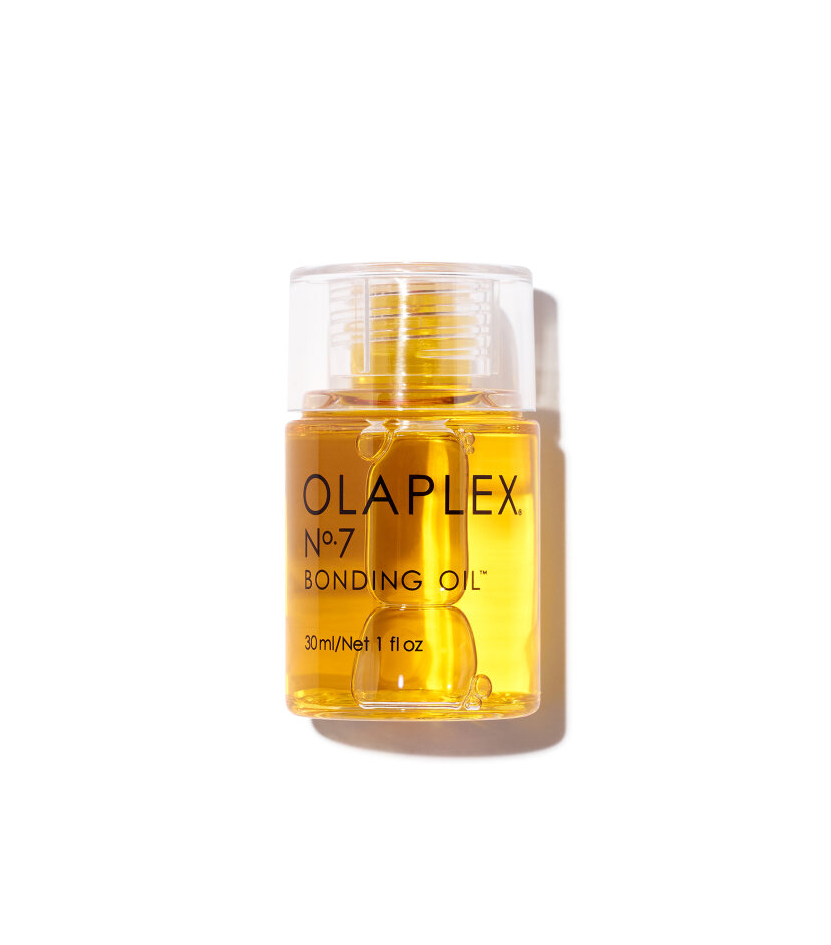
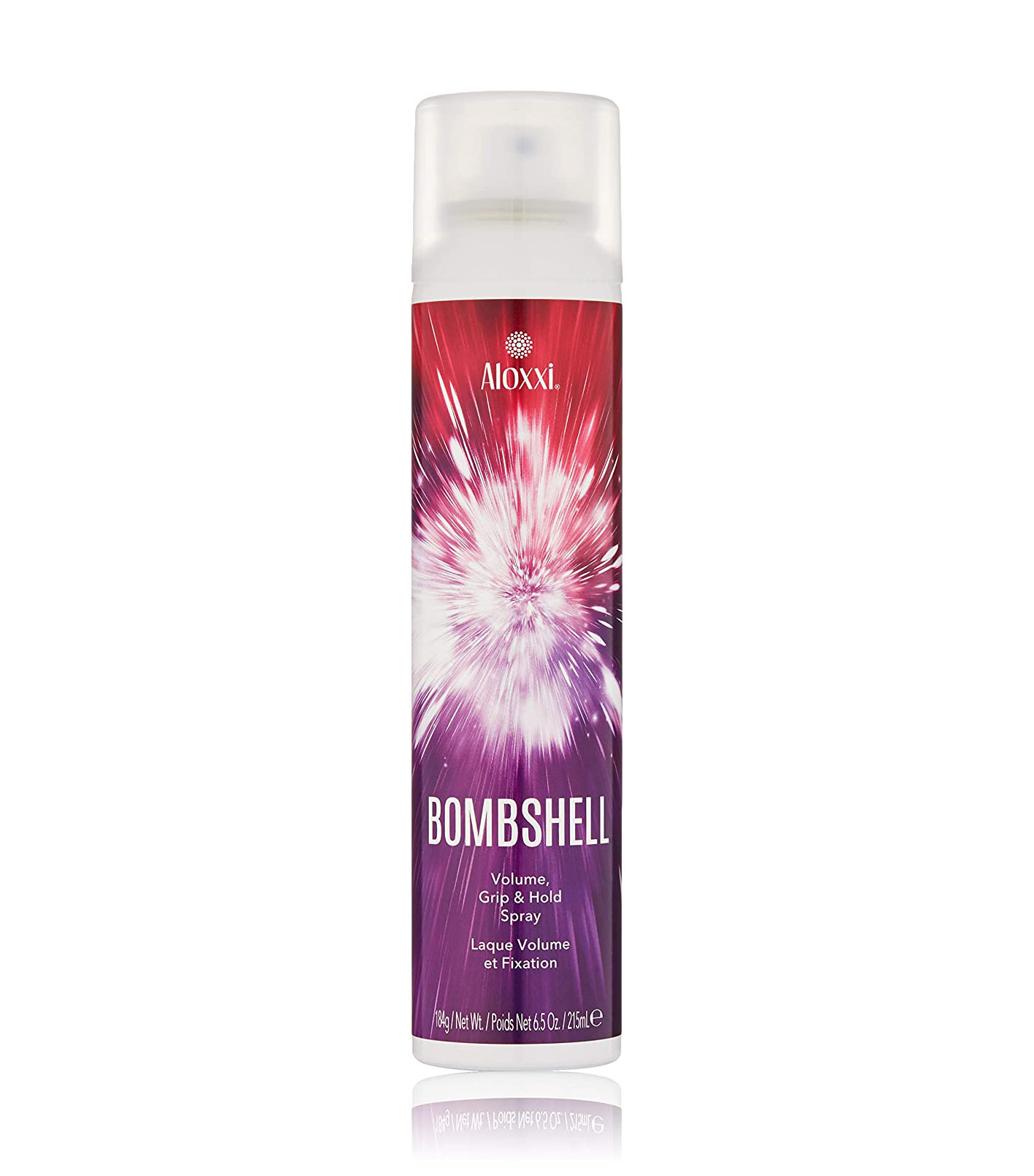
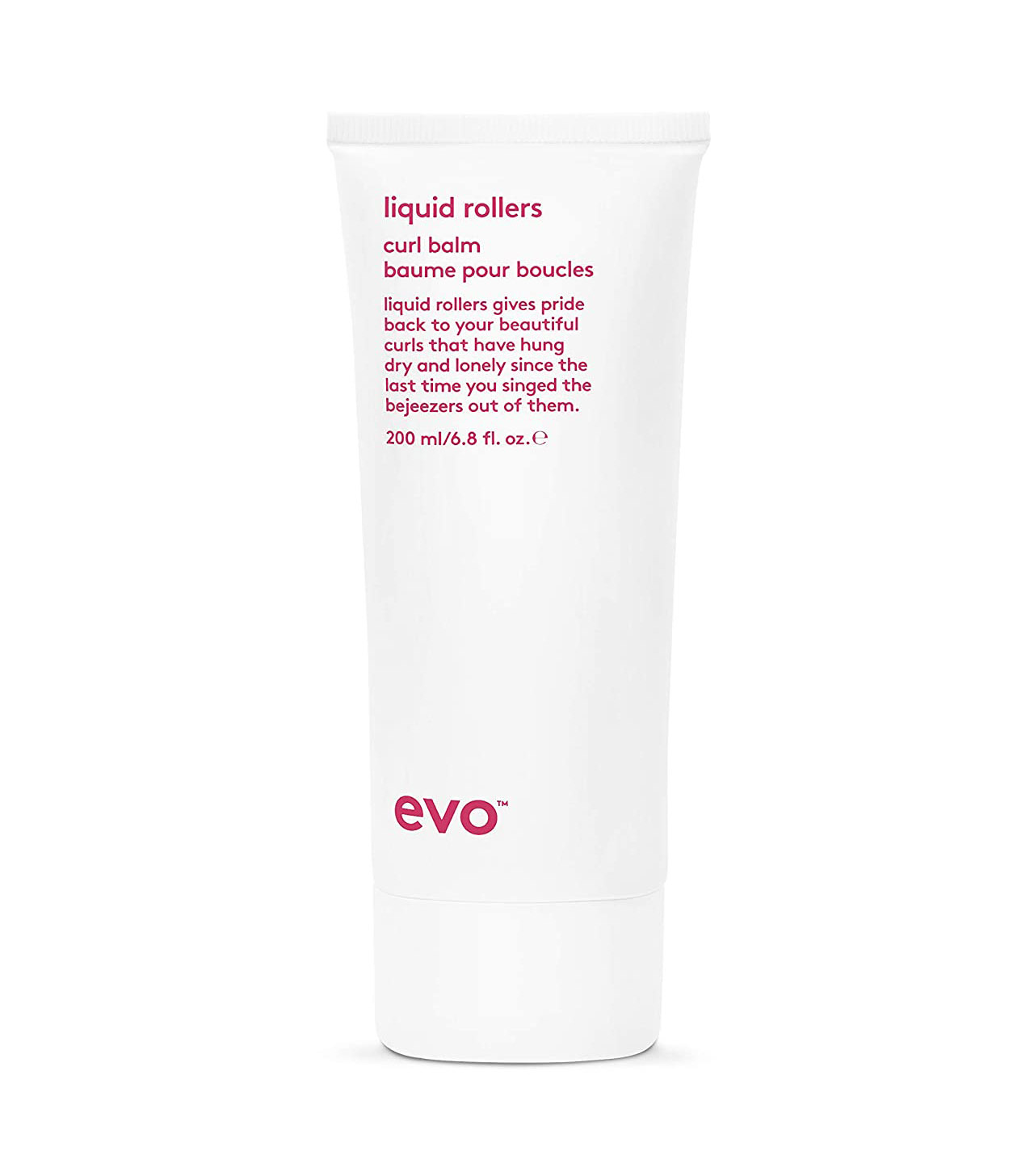
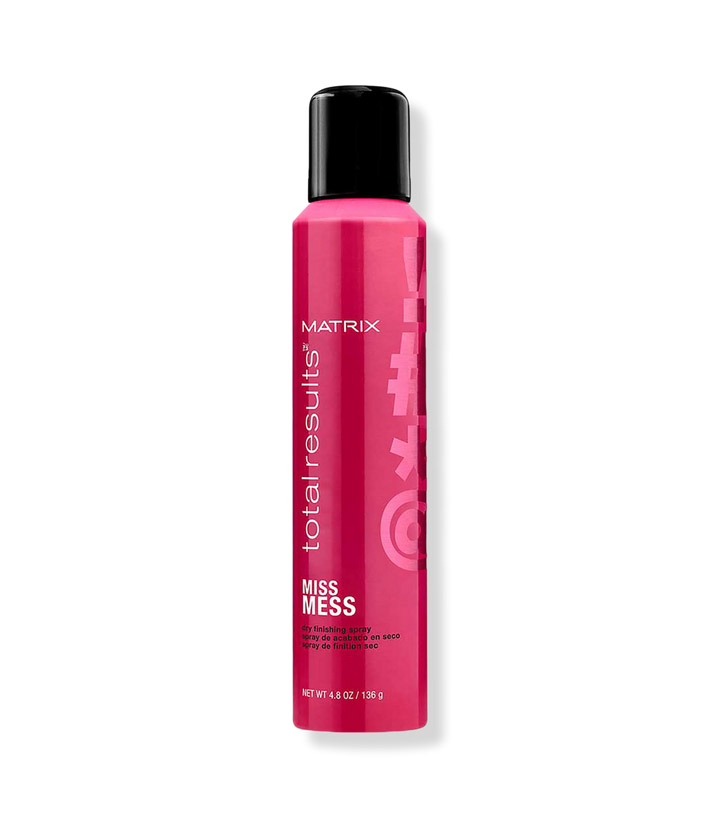
Next, The Best Shampoos and Conditioners for Every Color, Hair Type, and Texture
